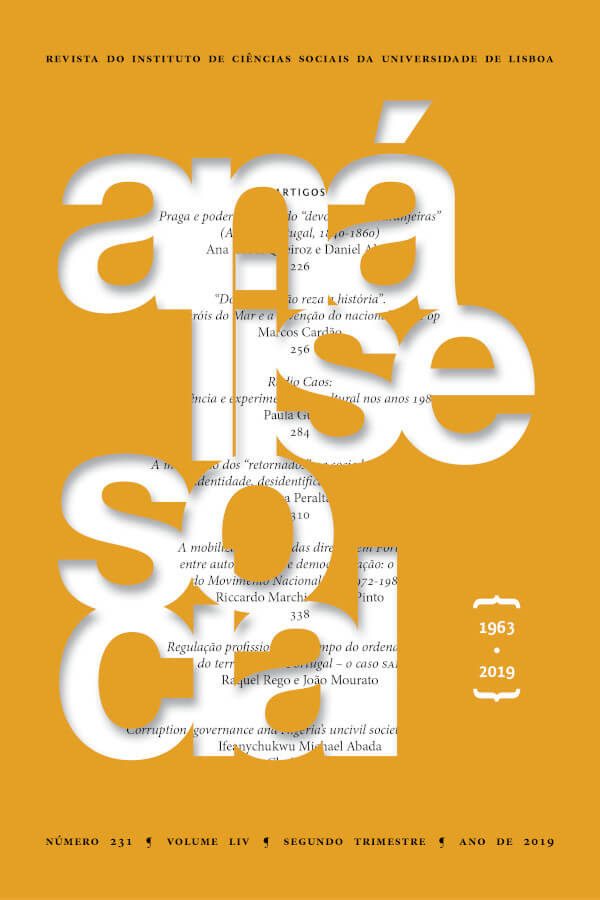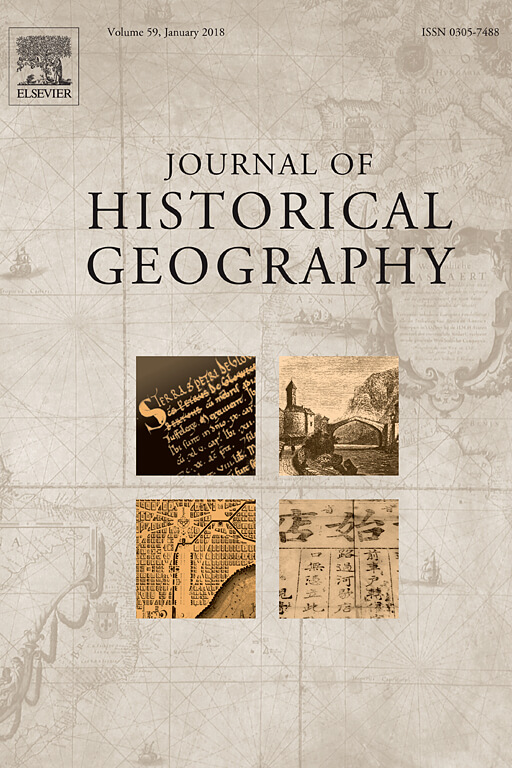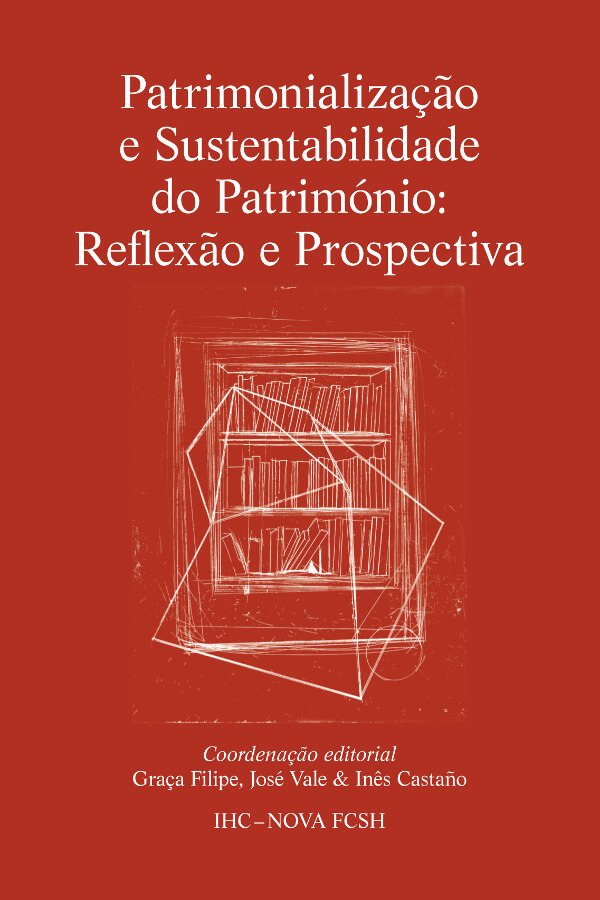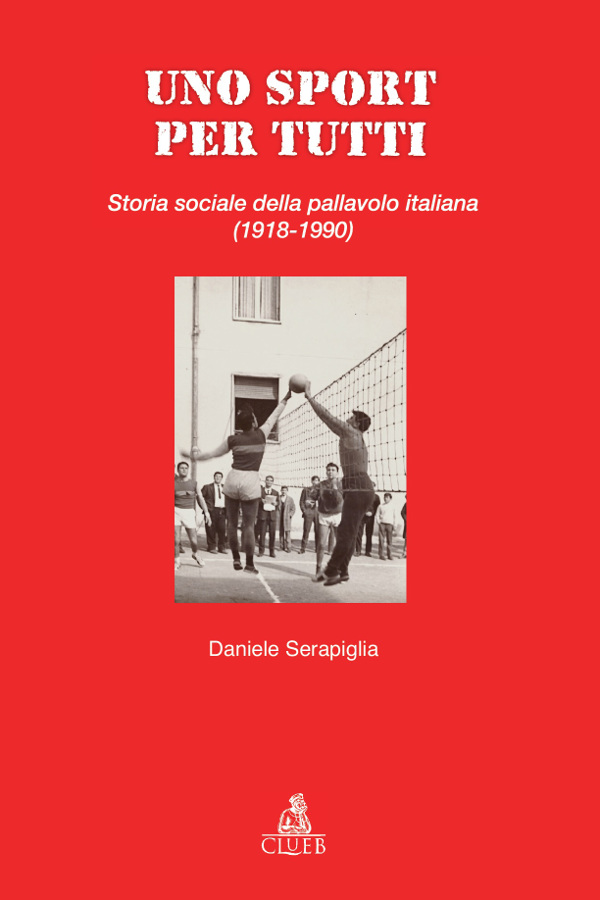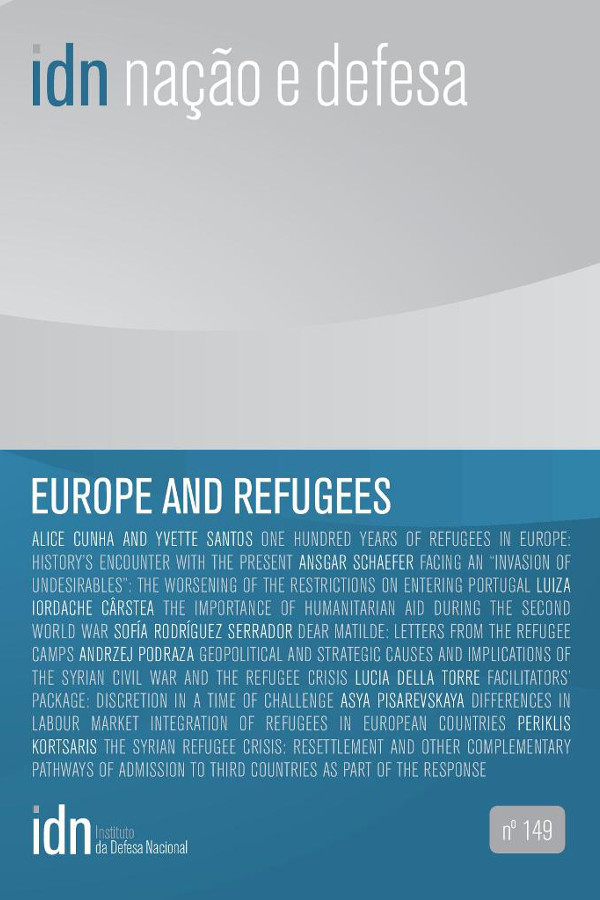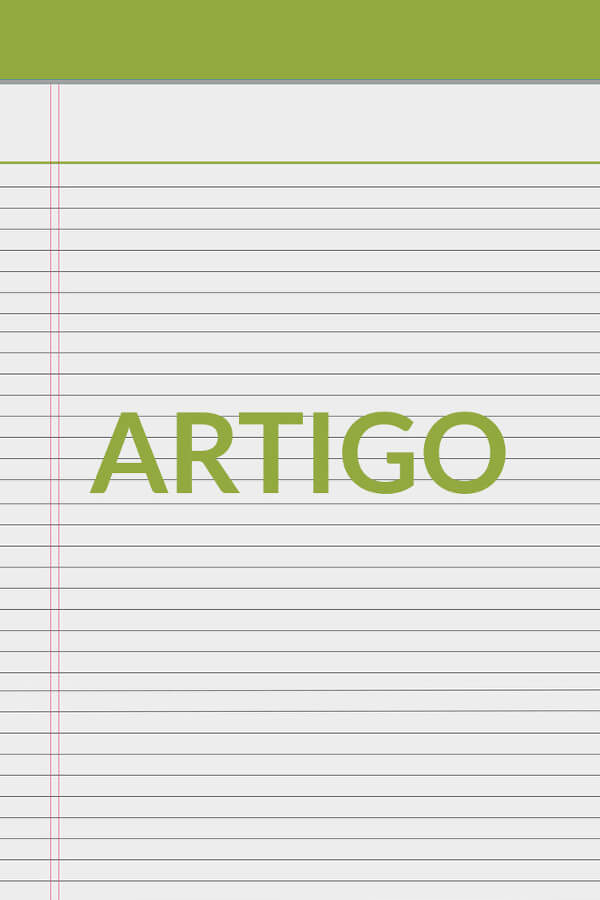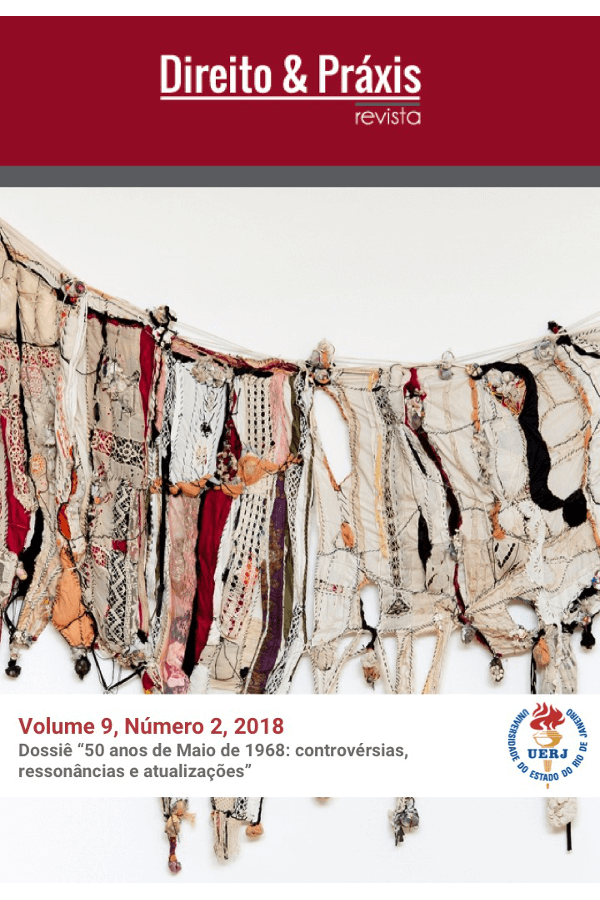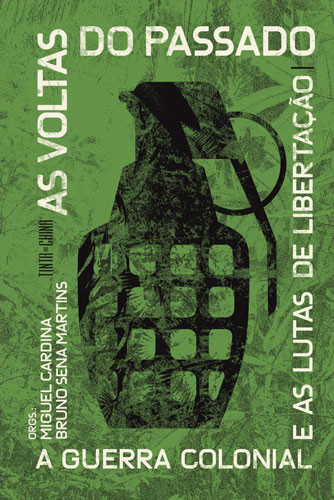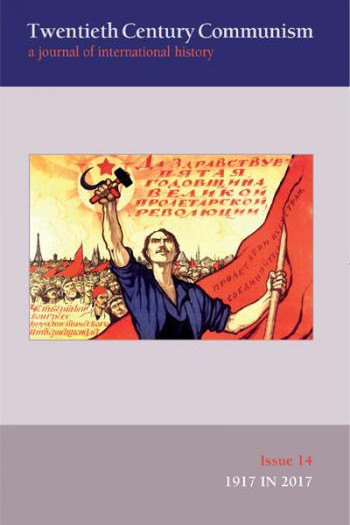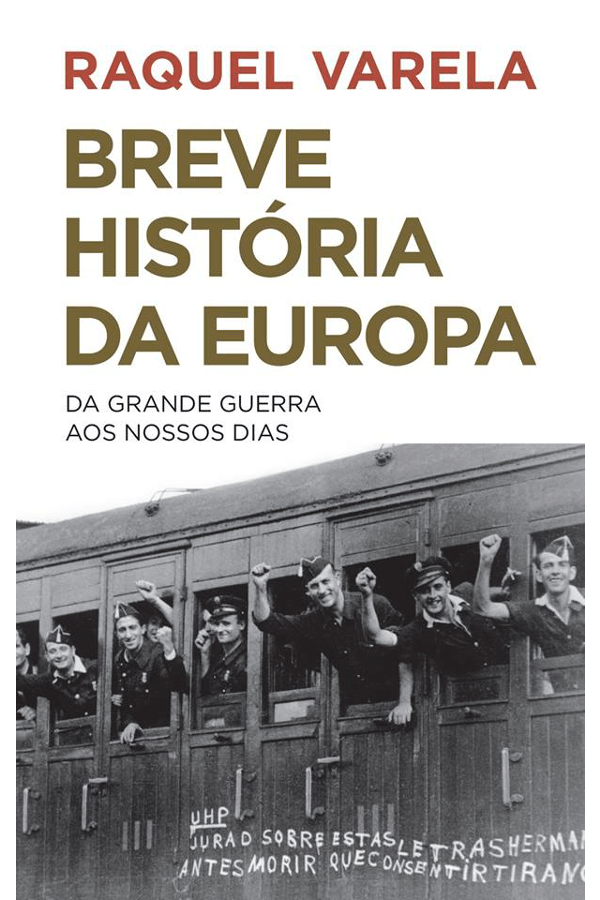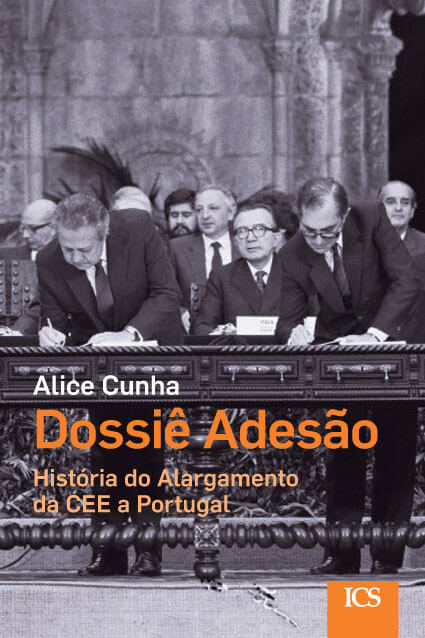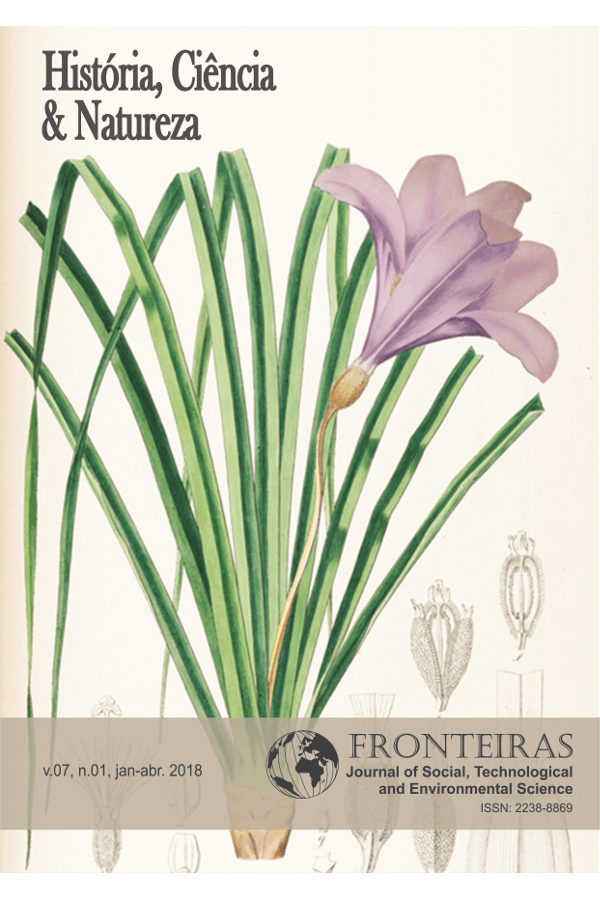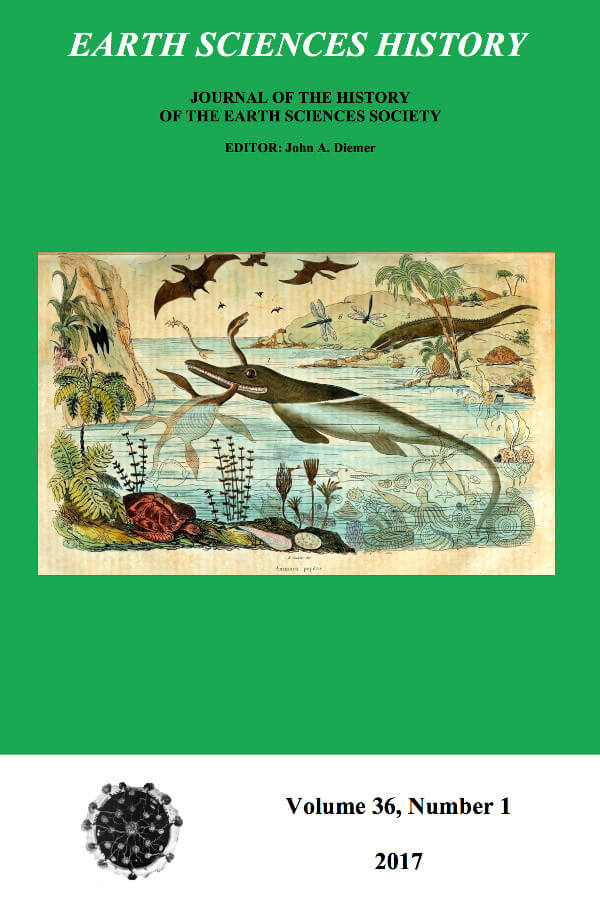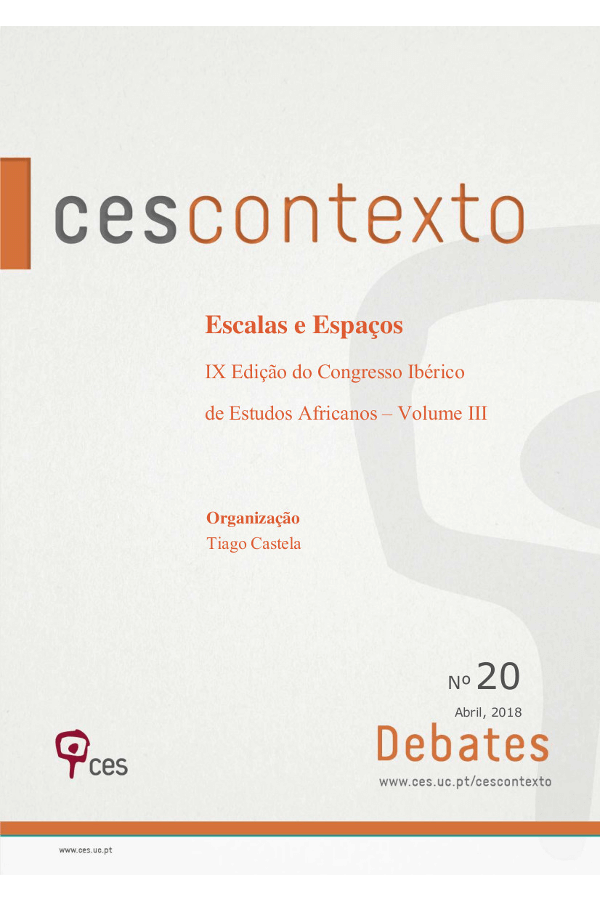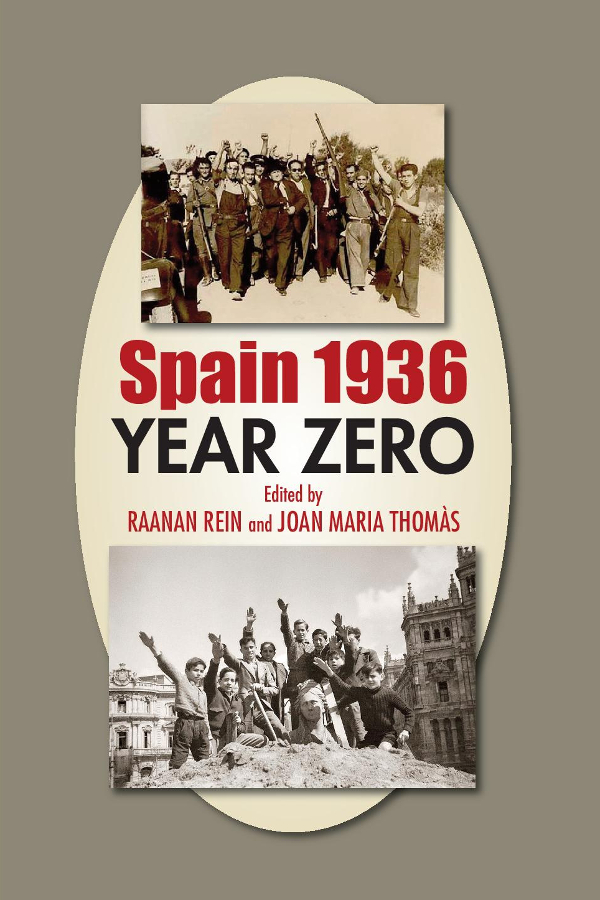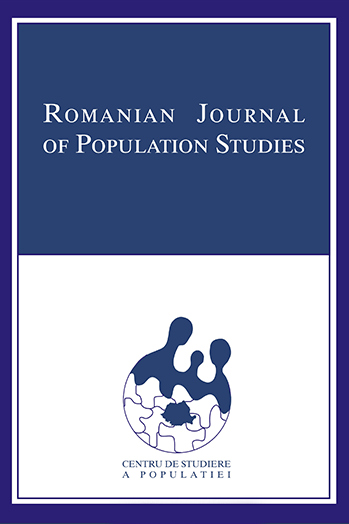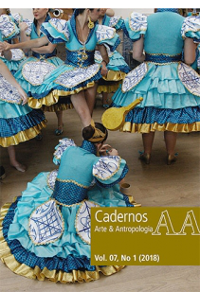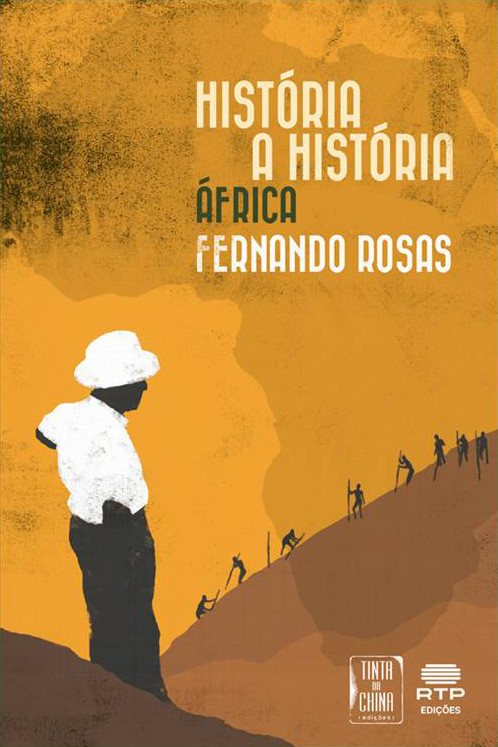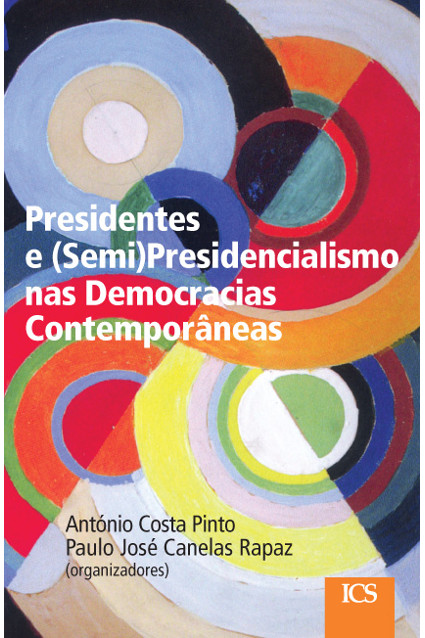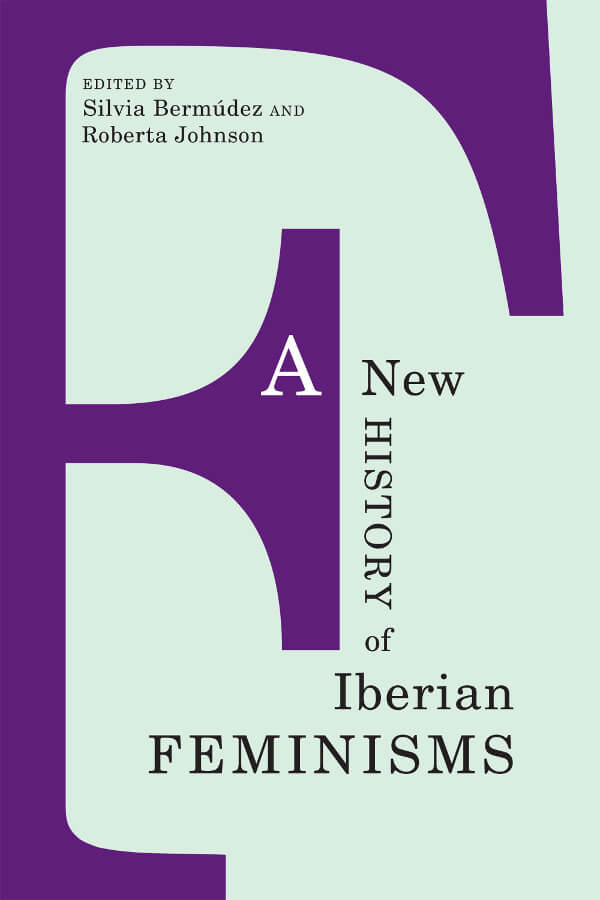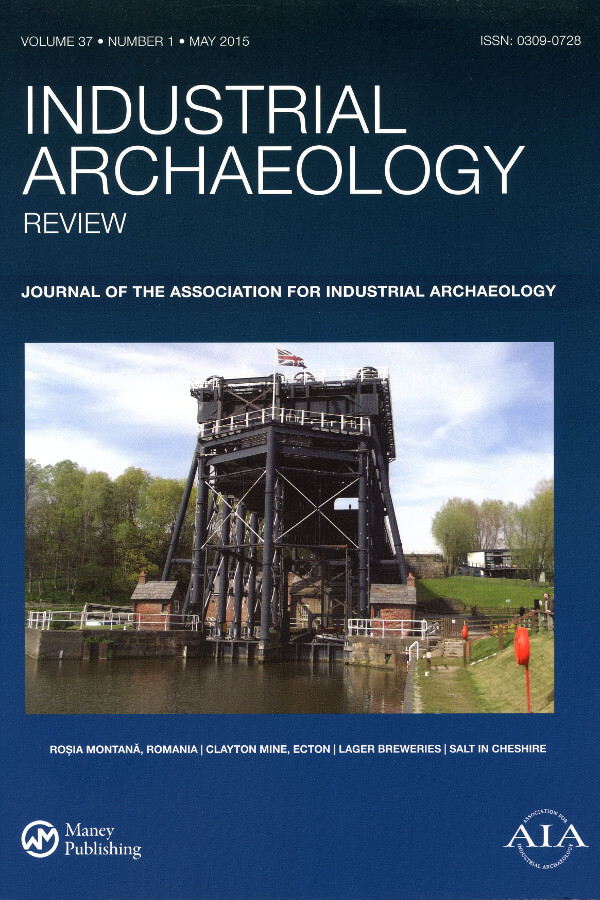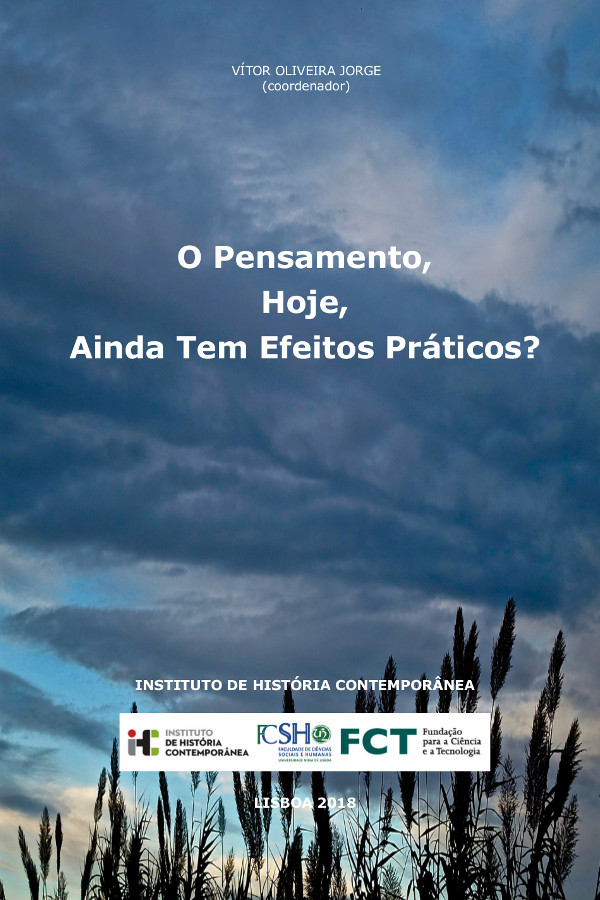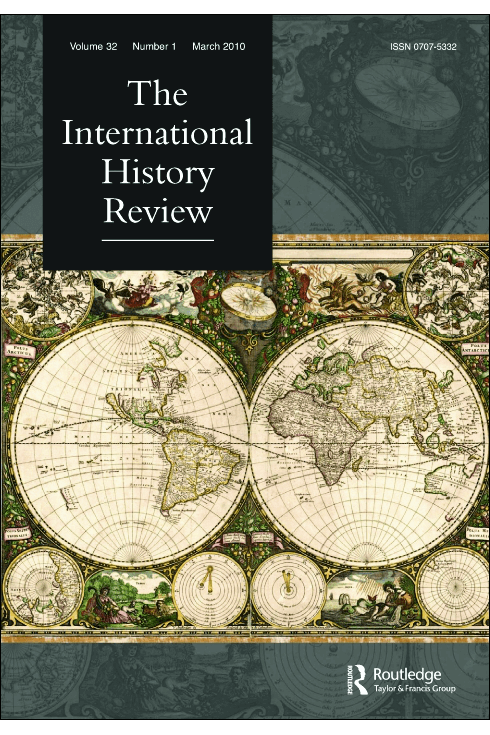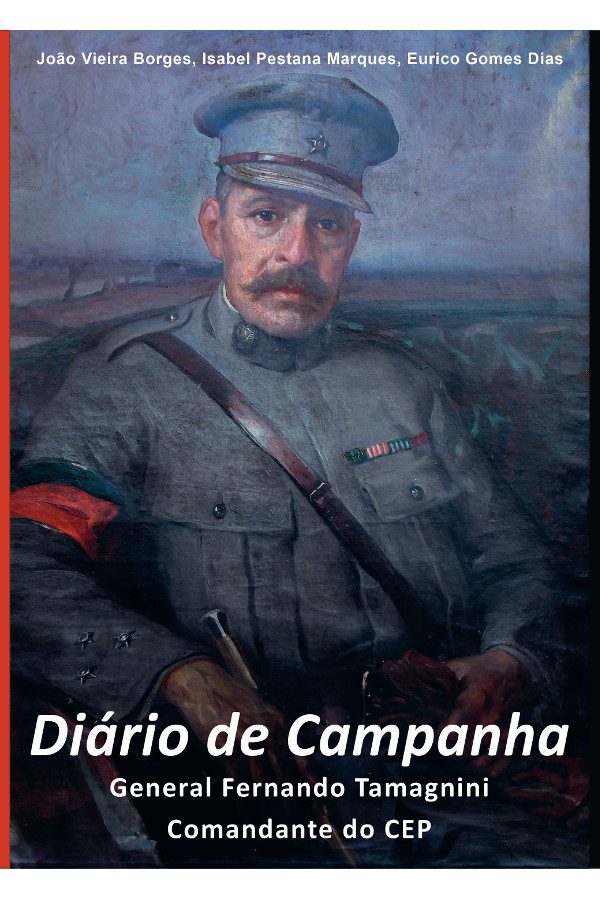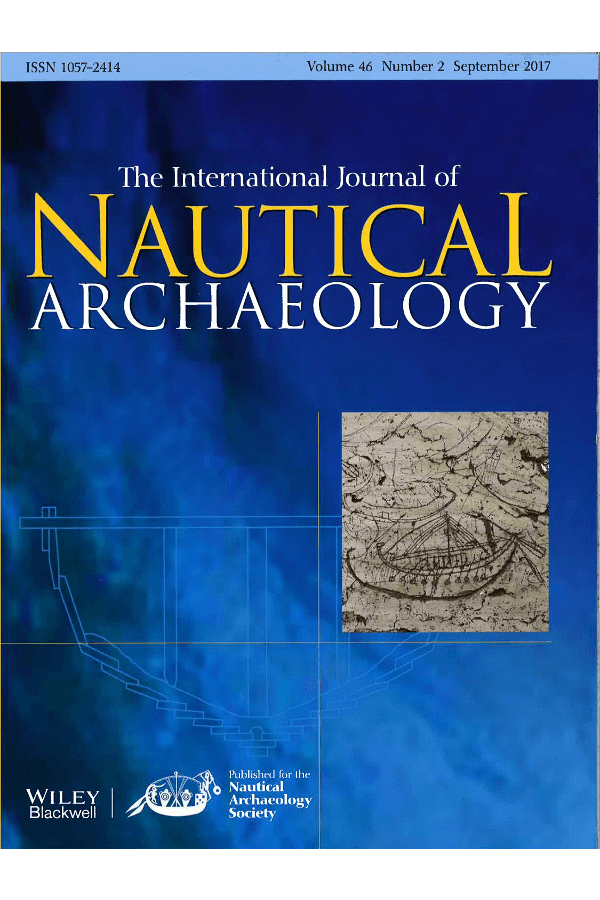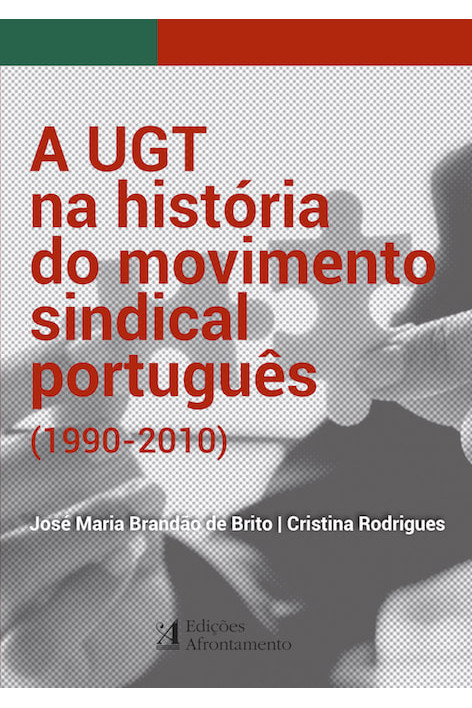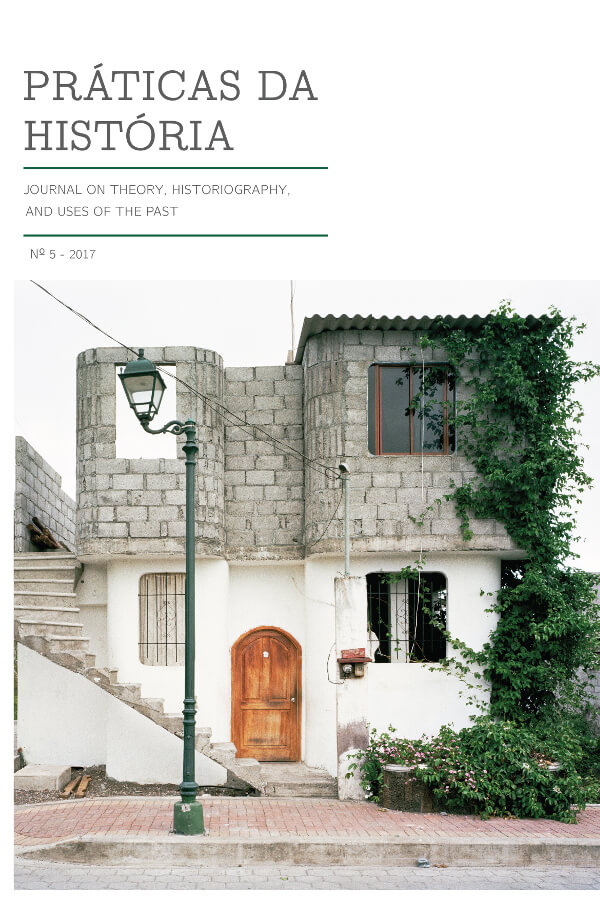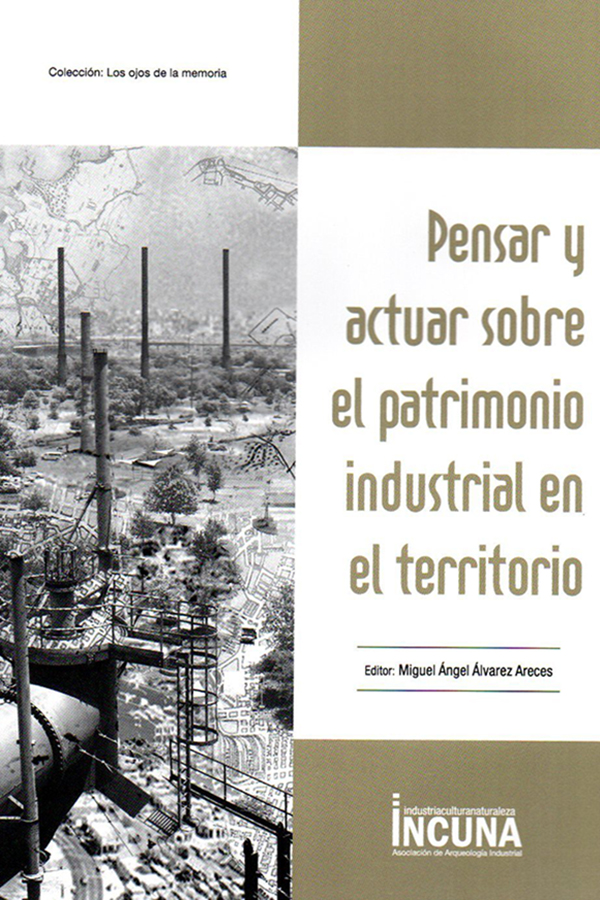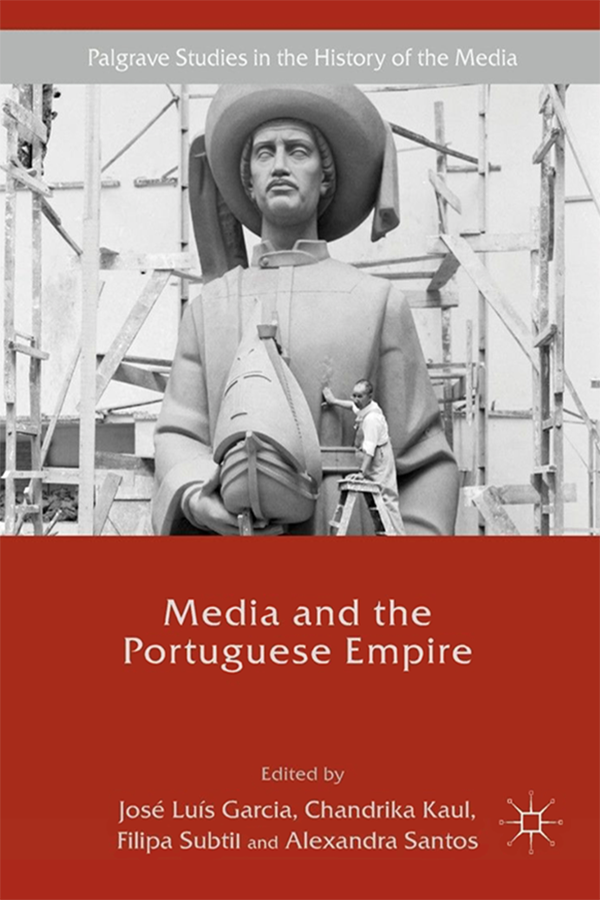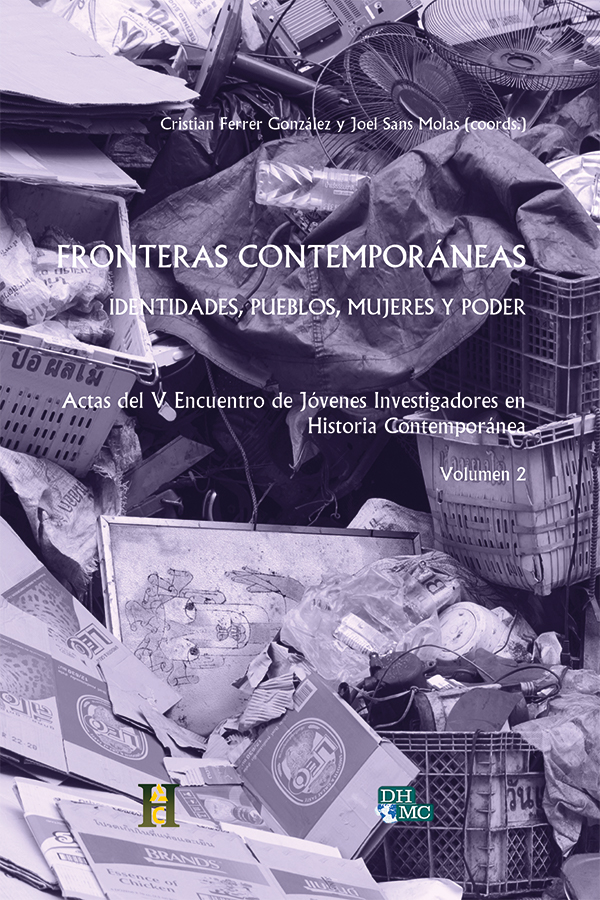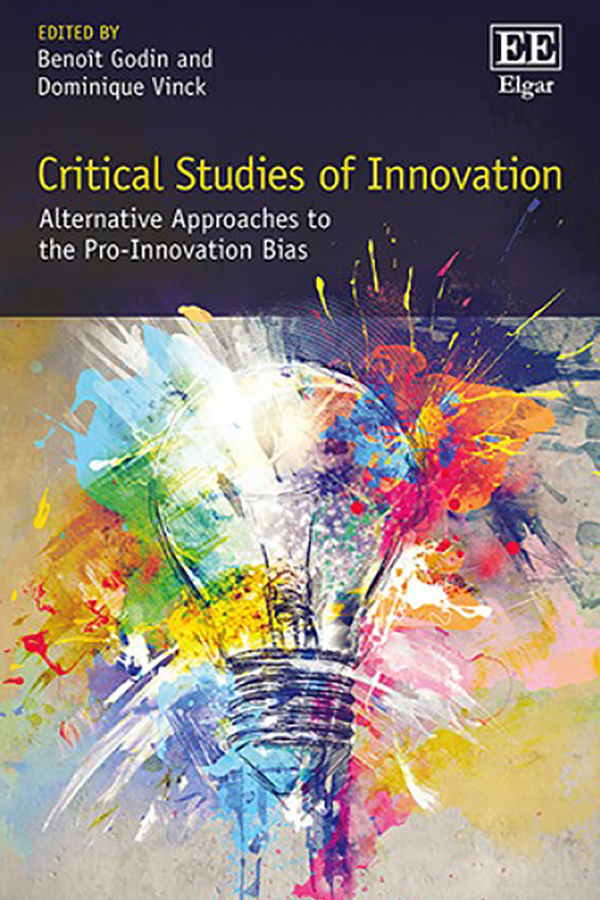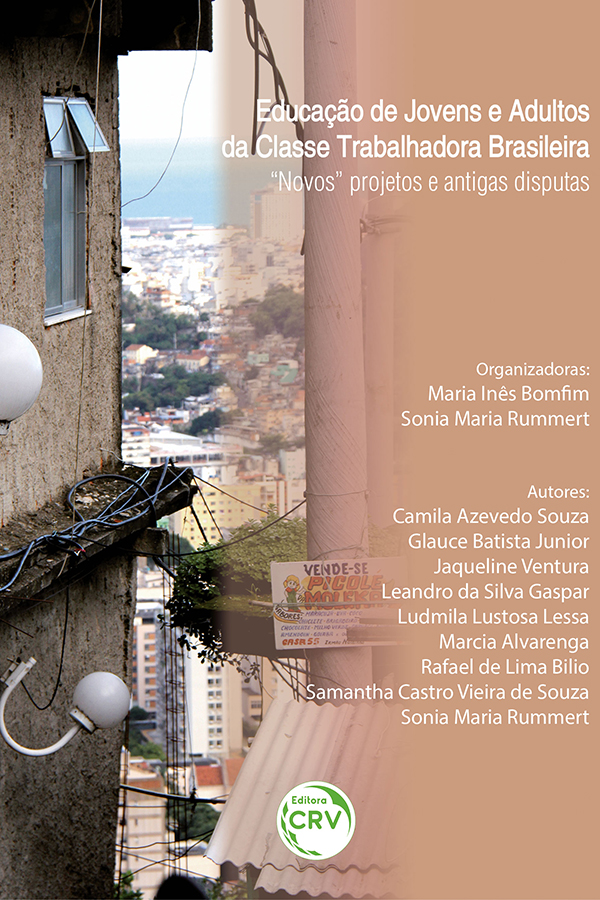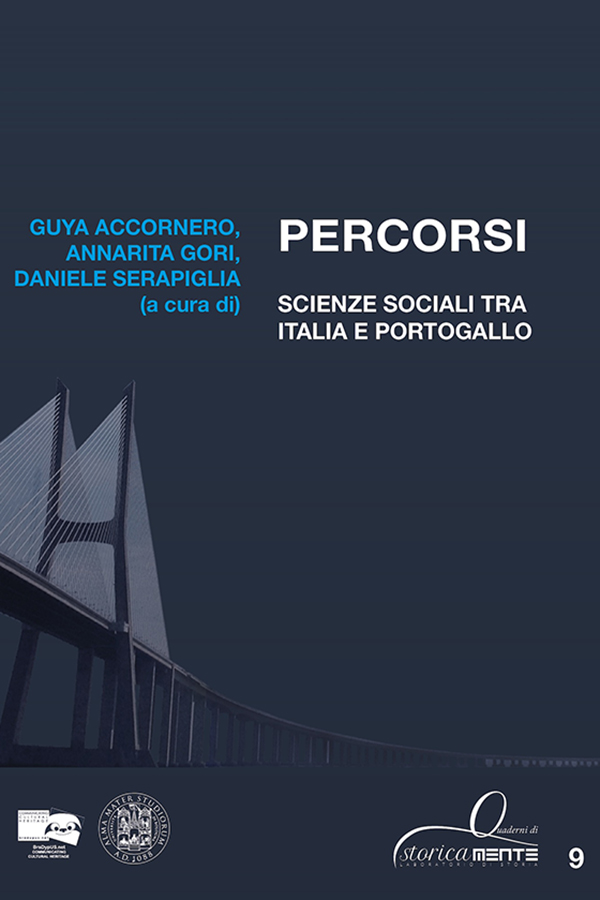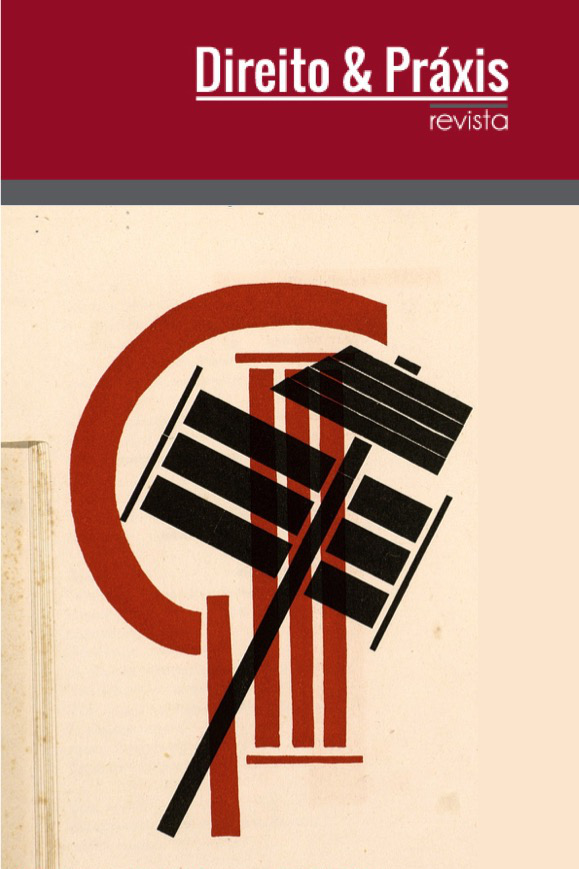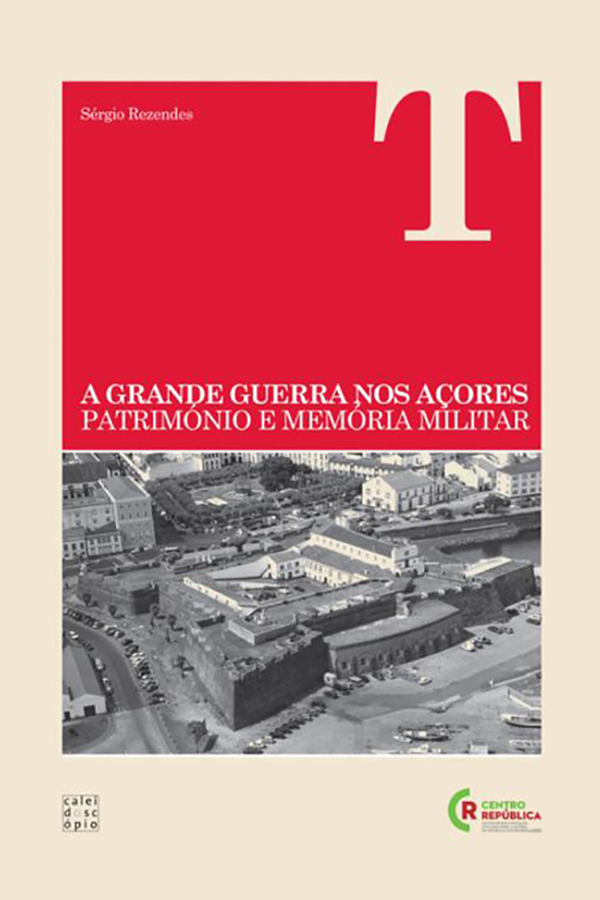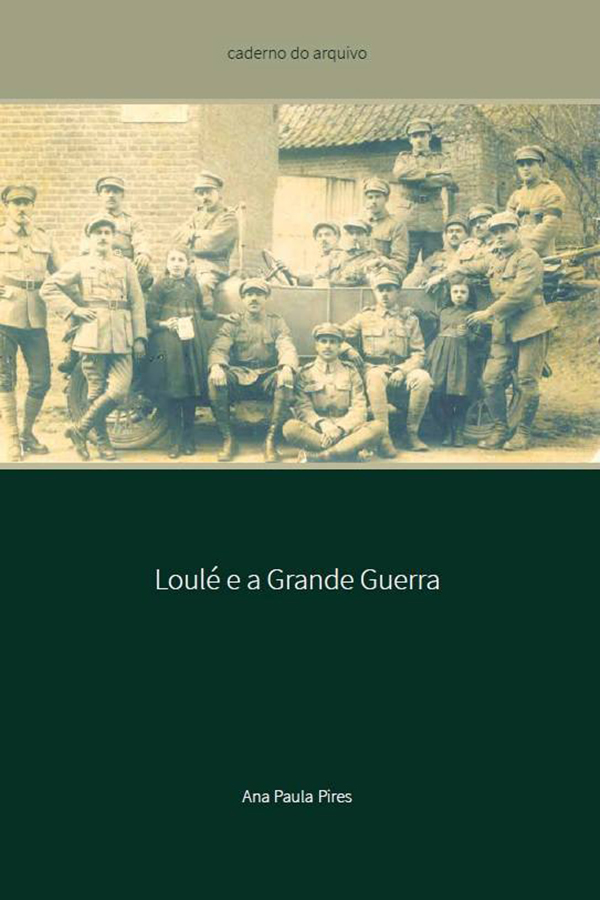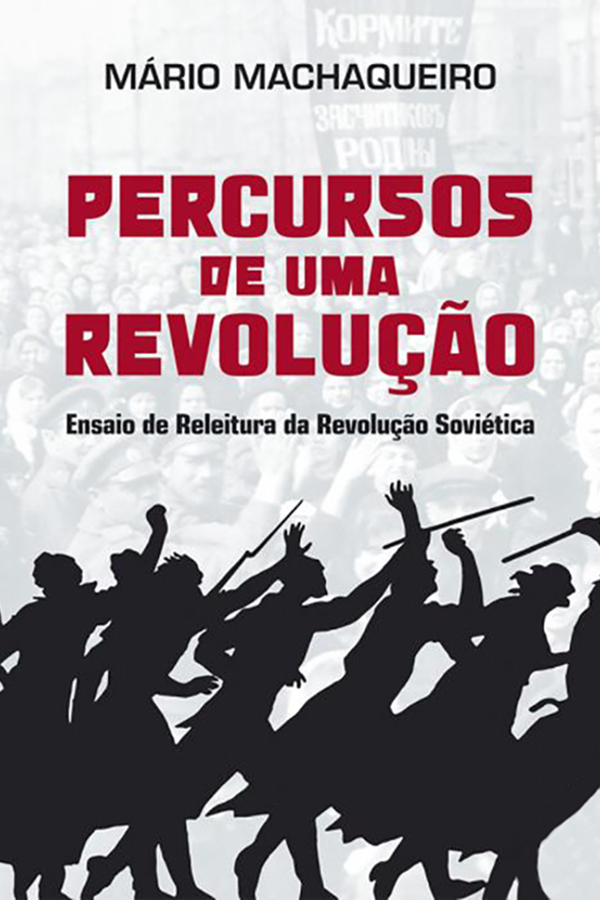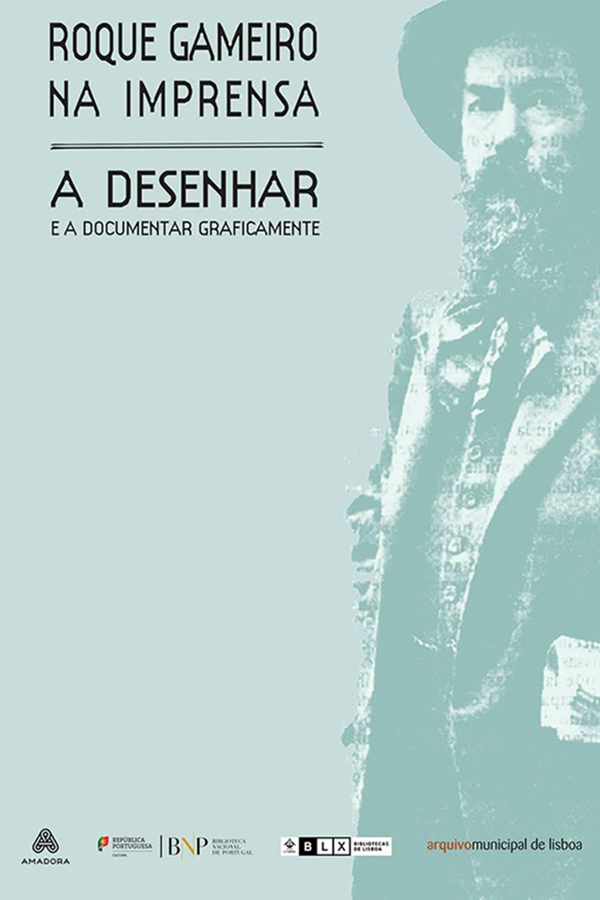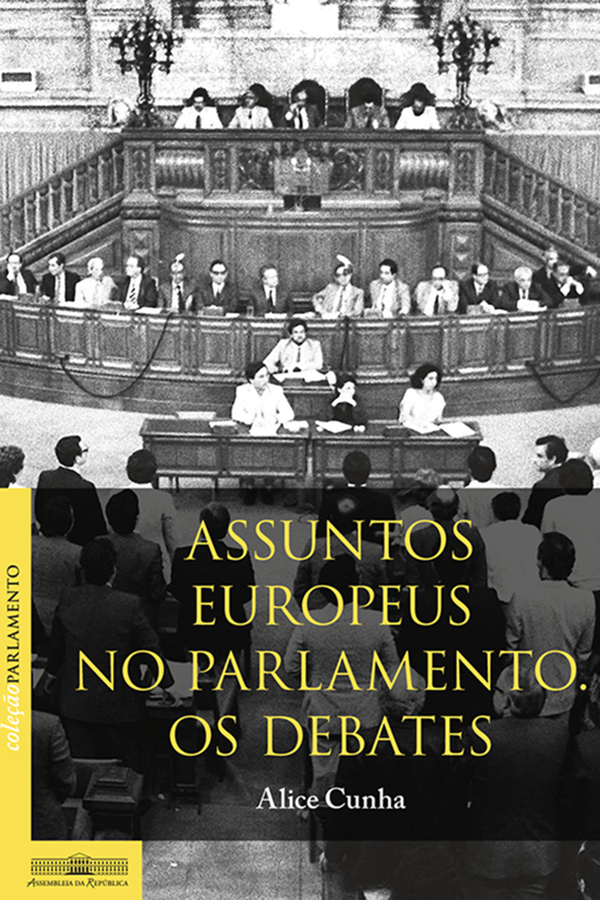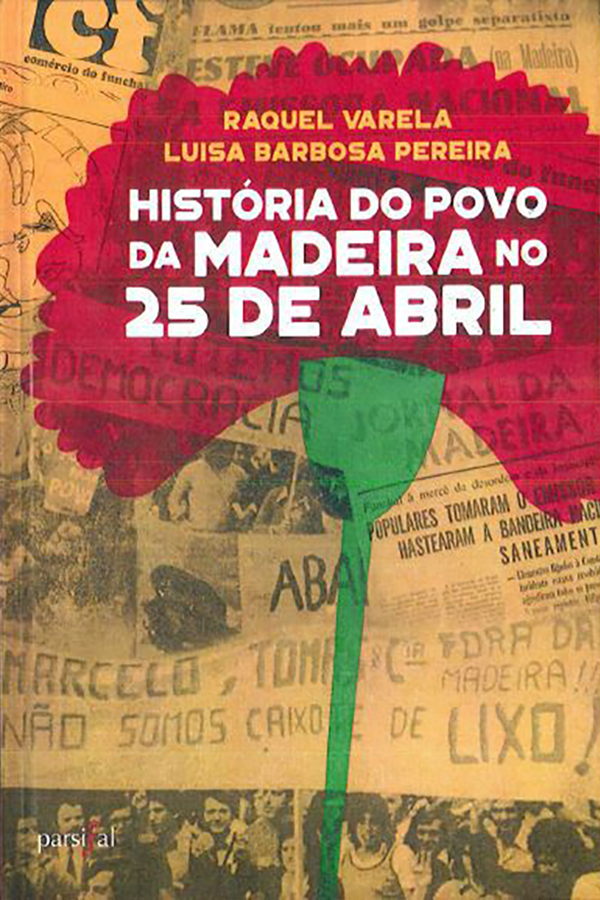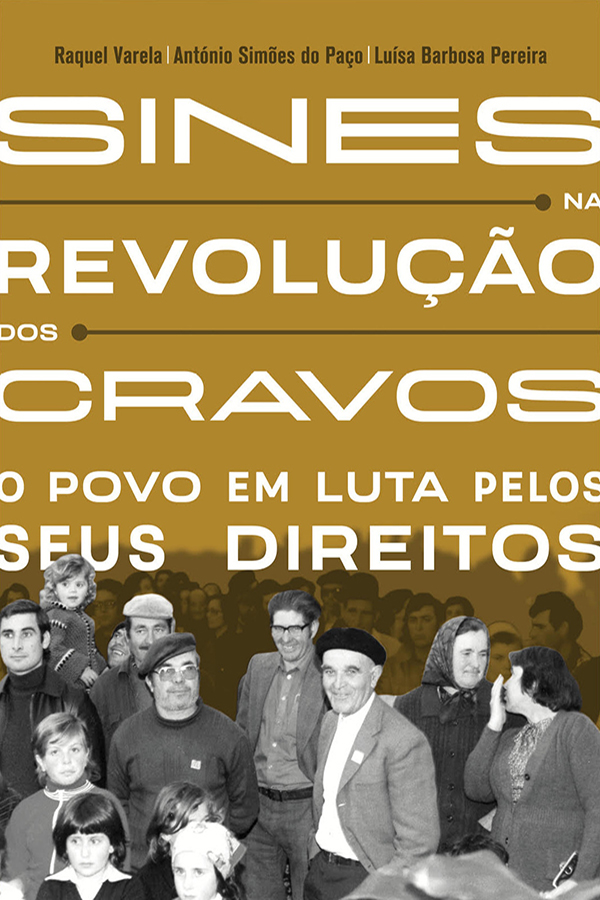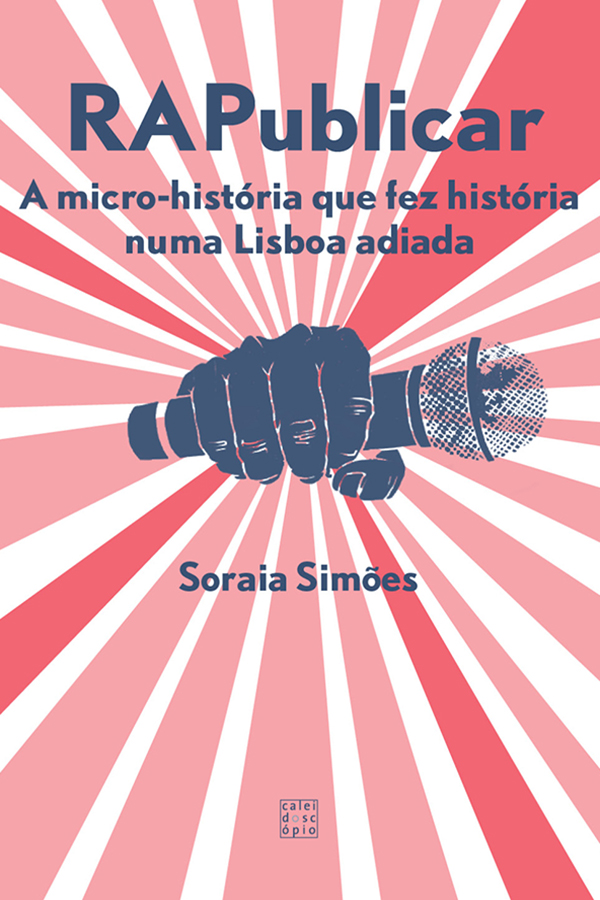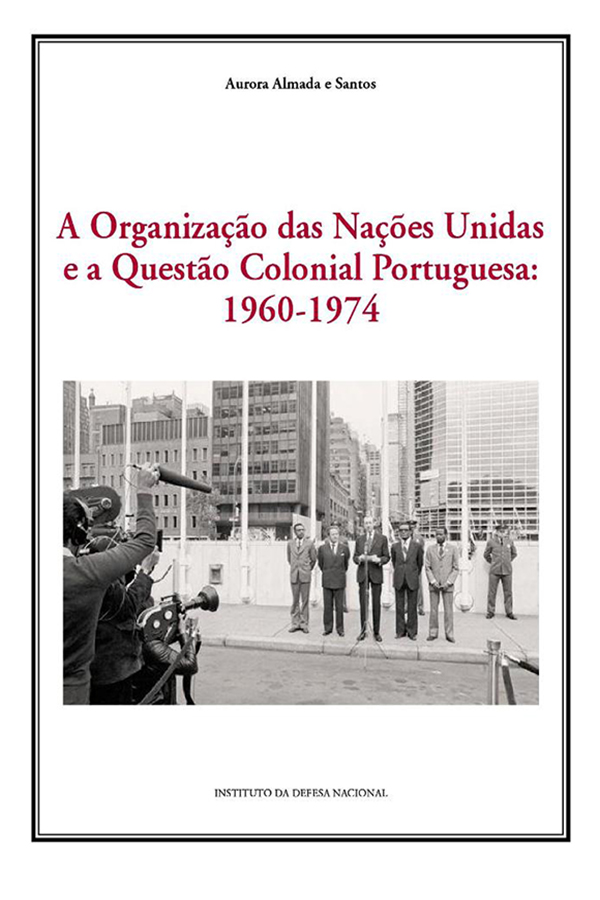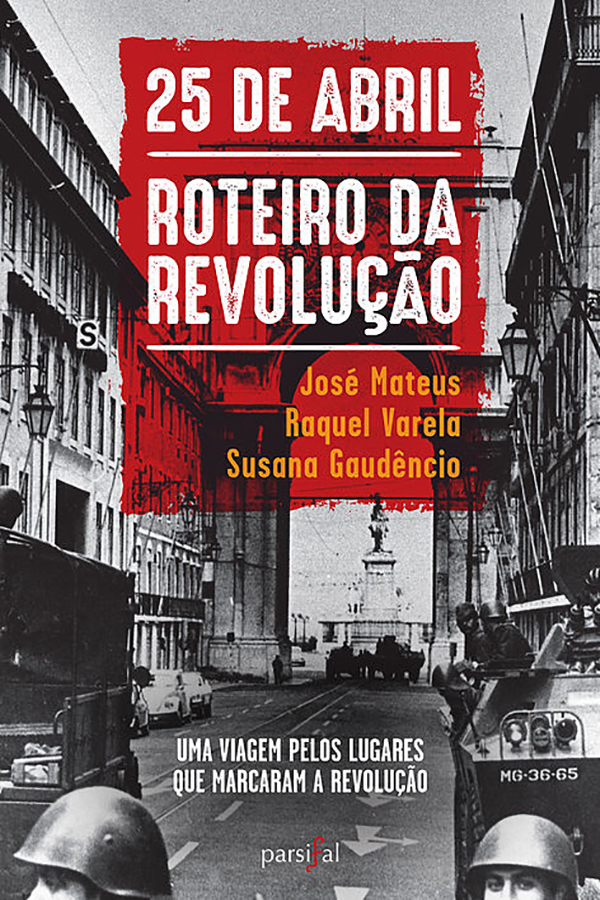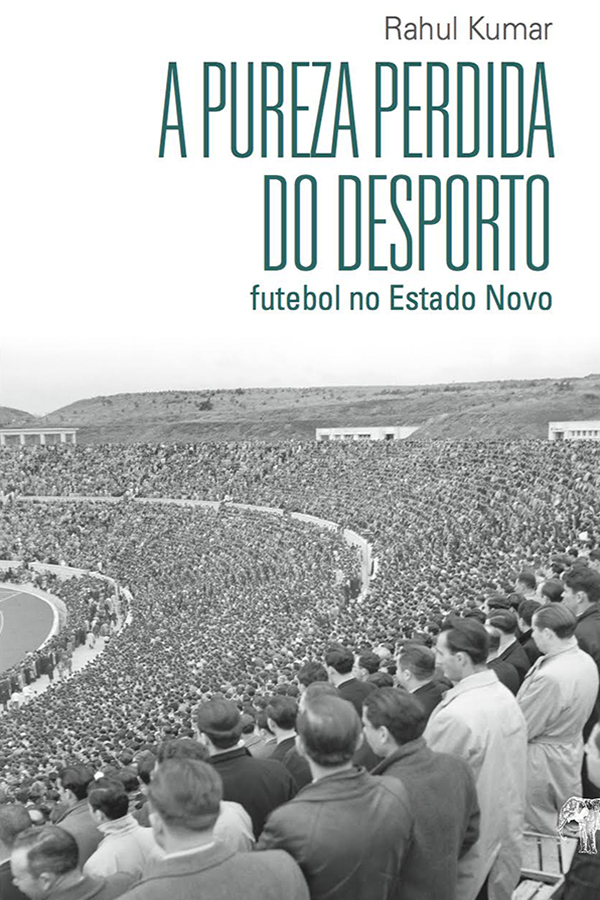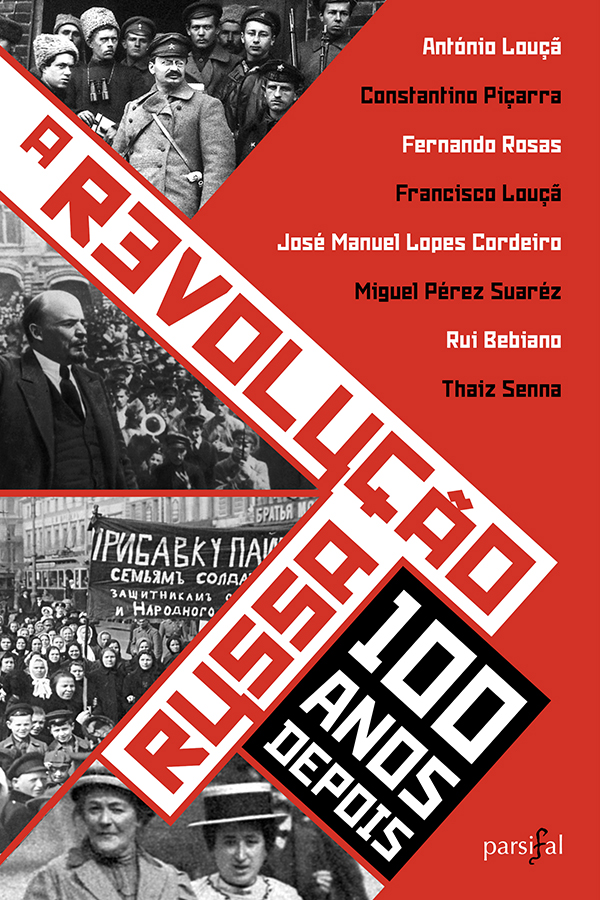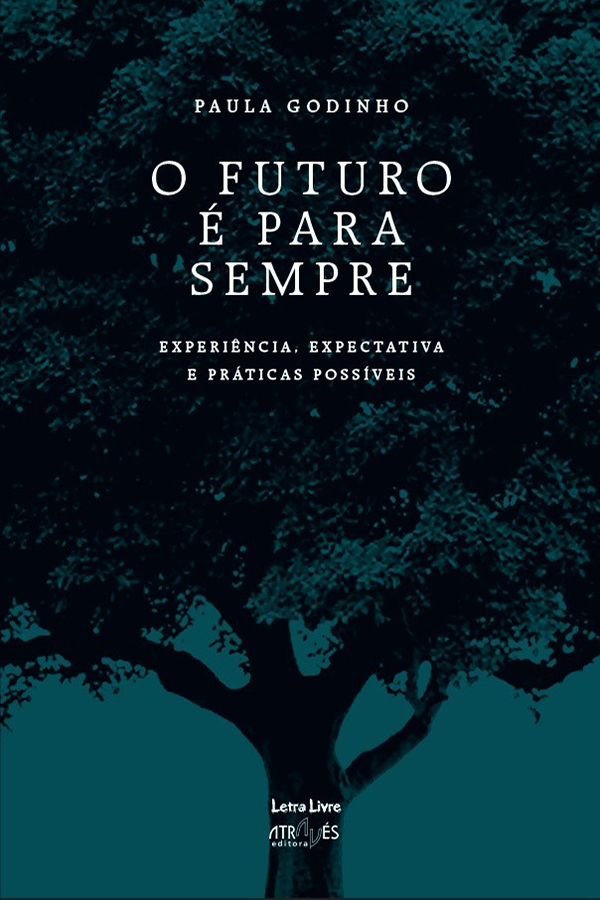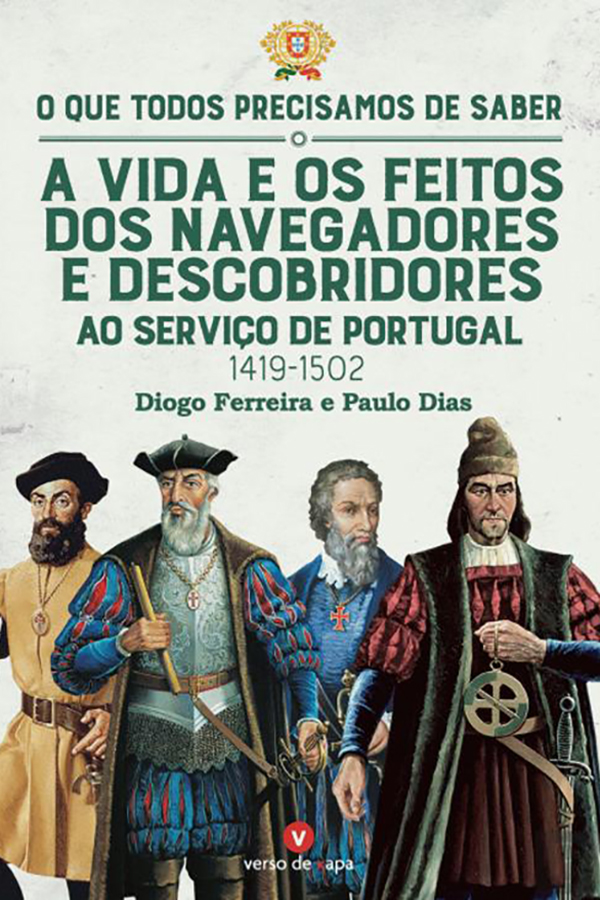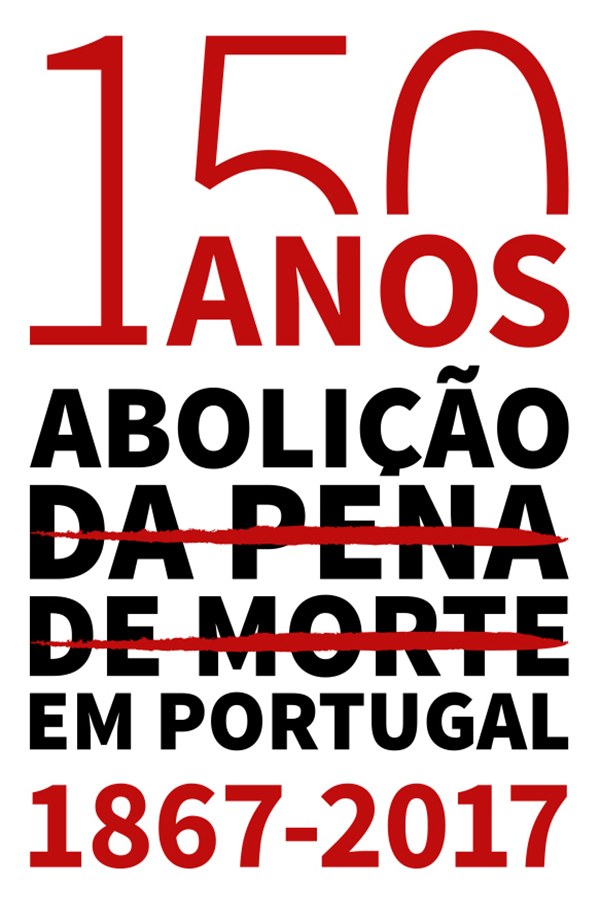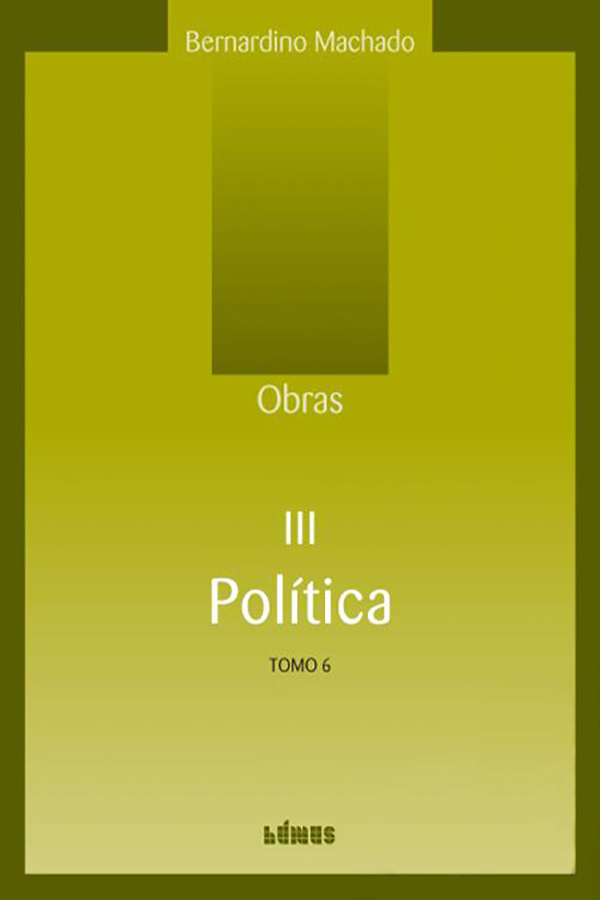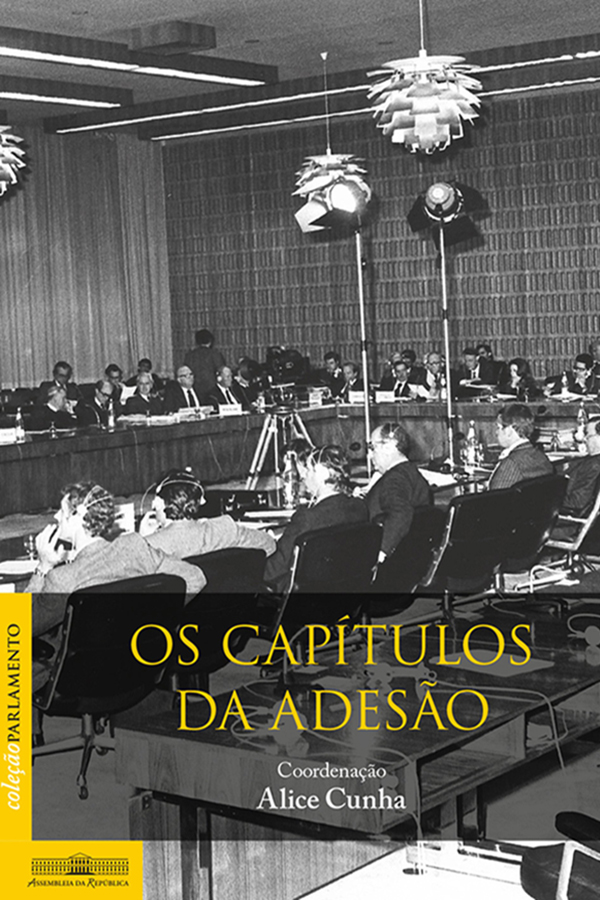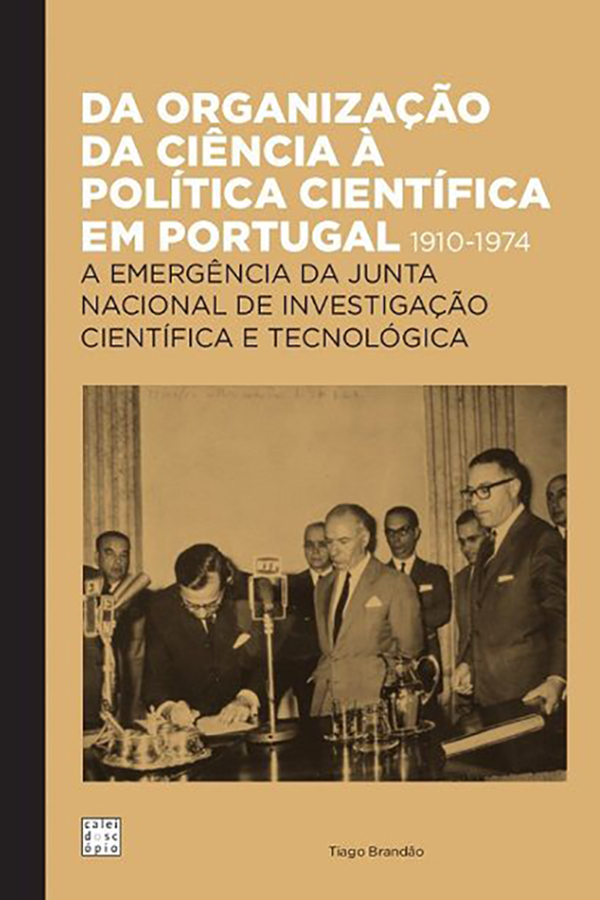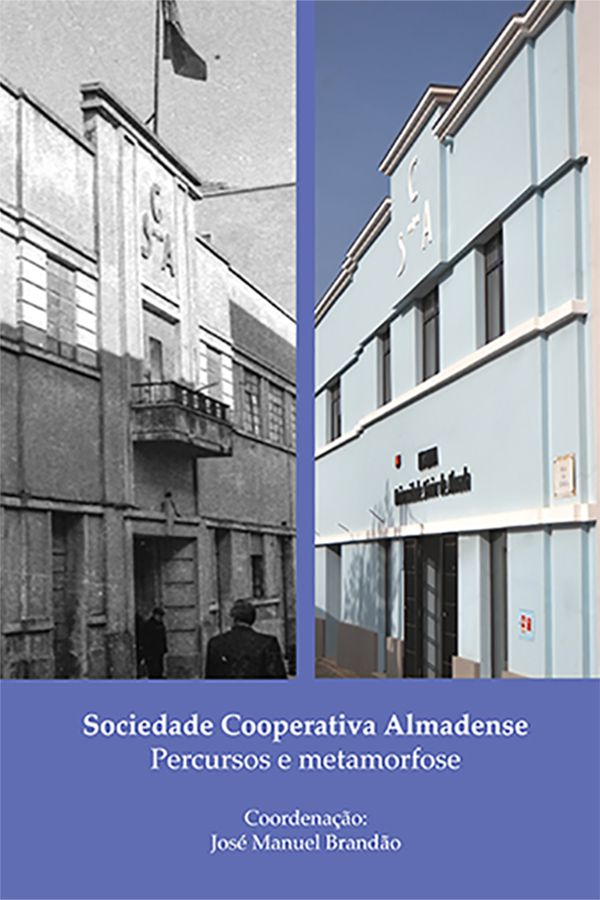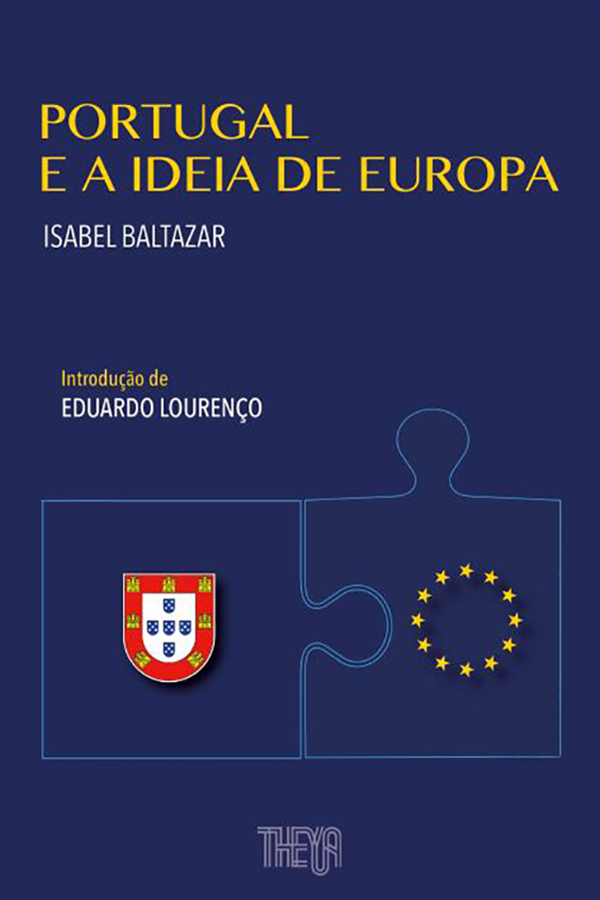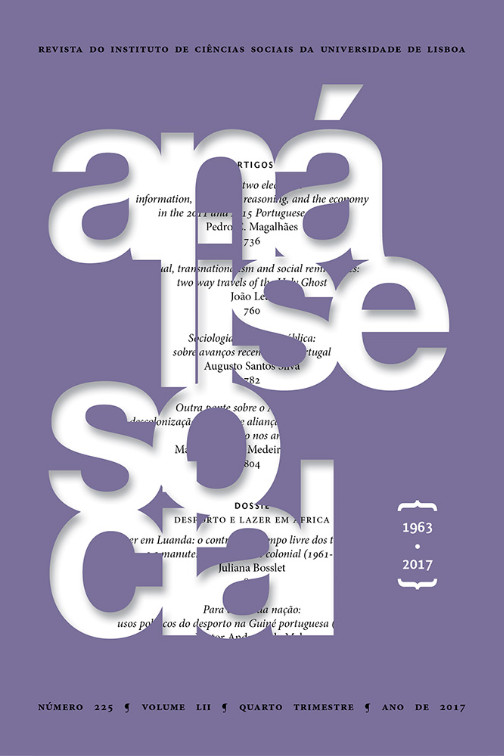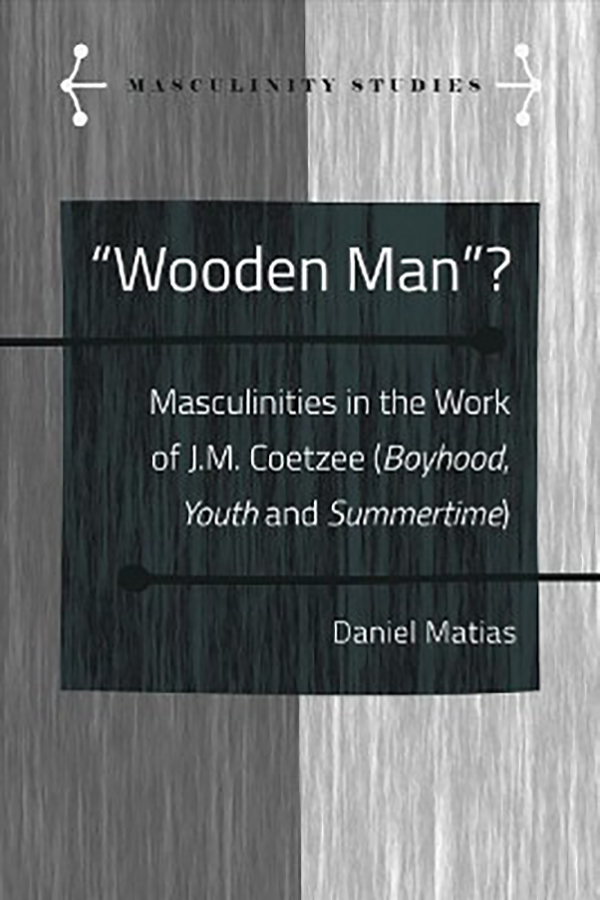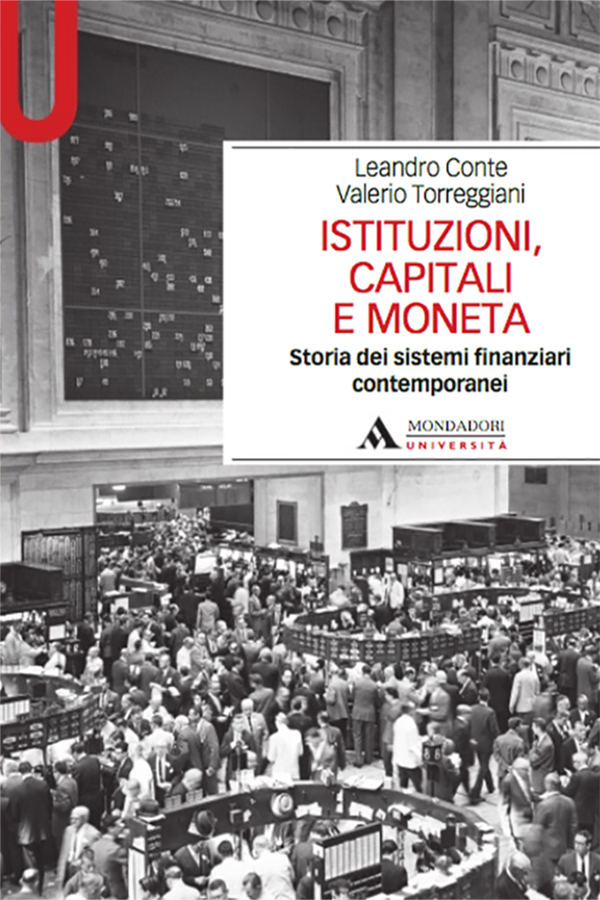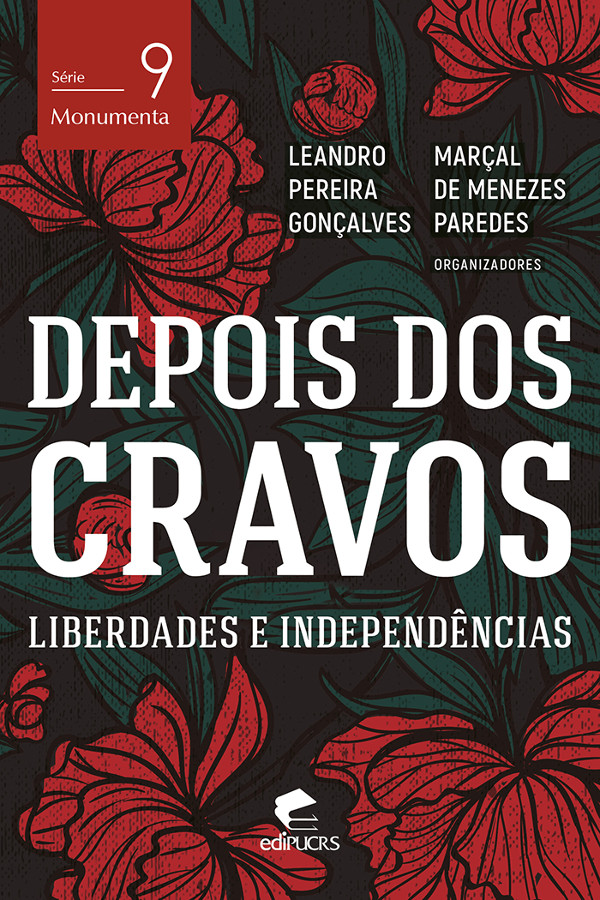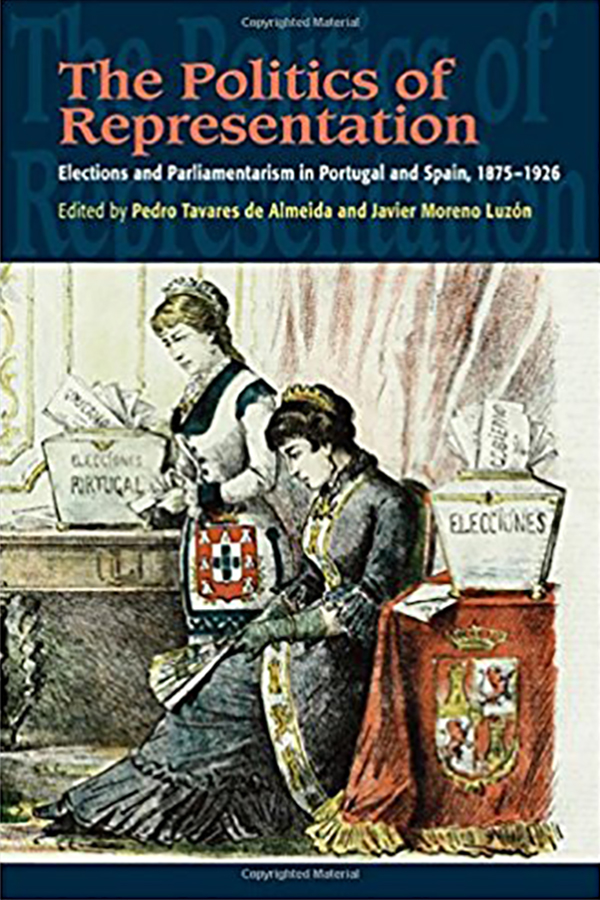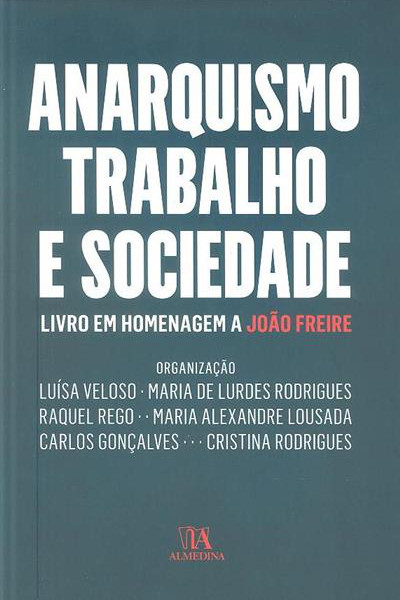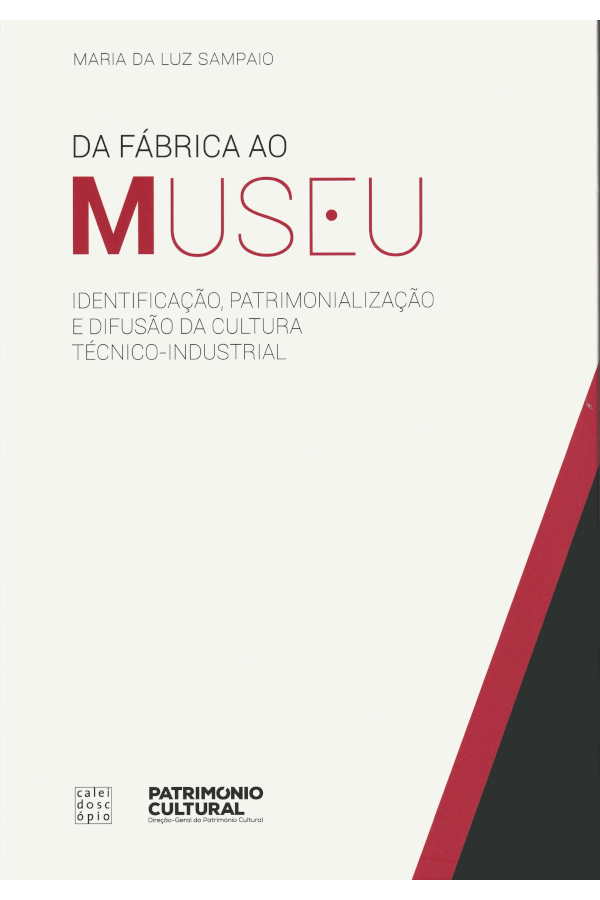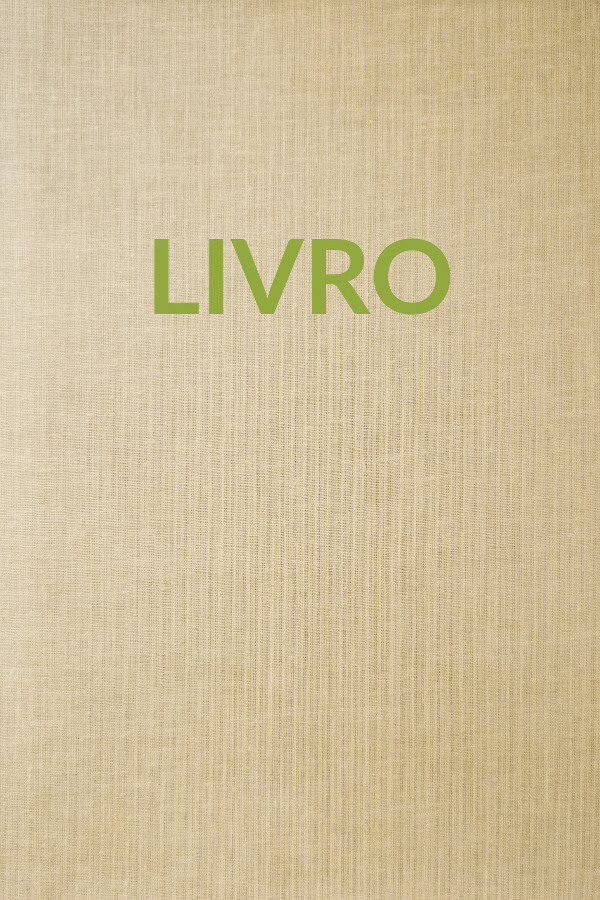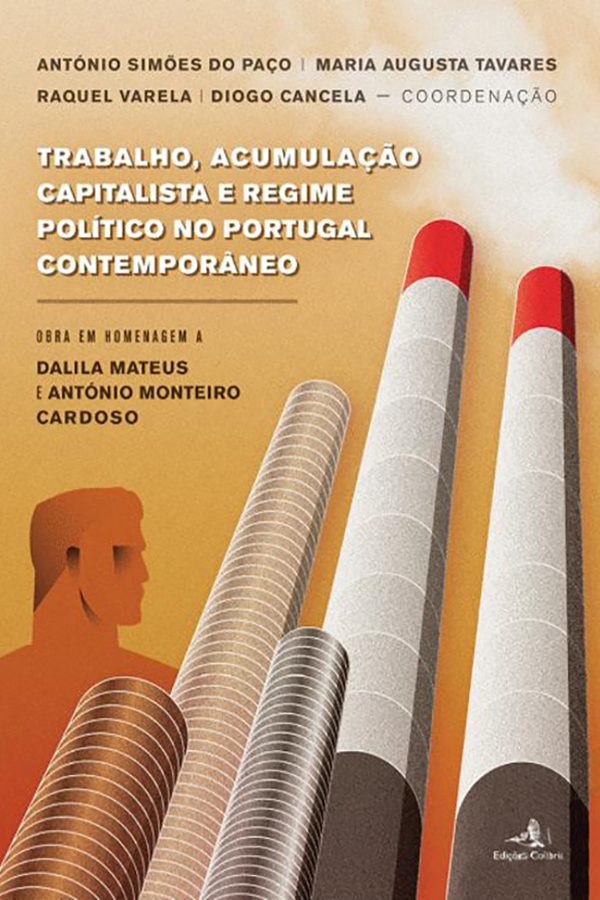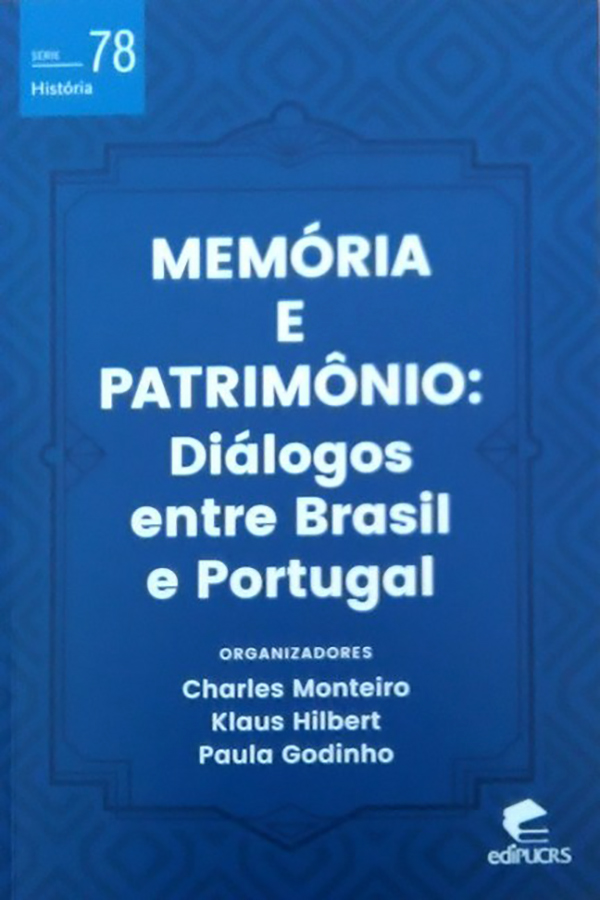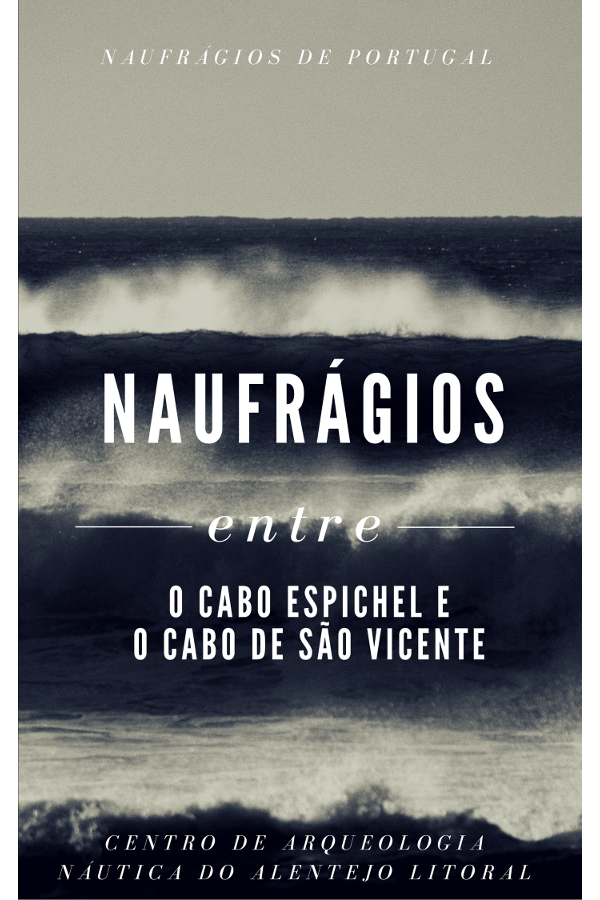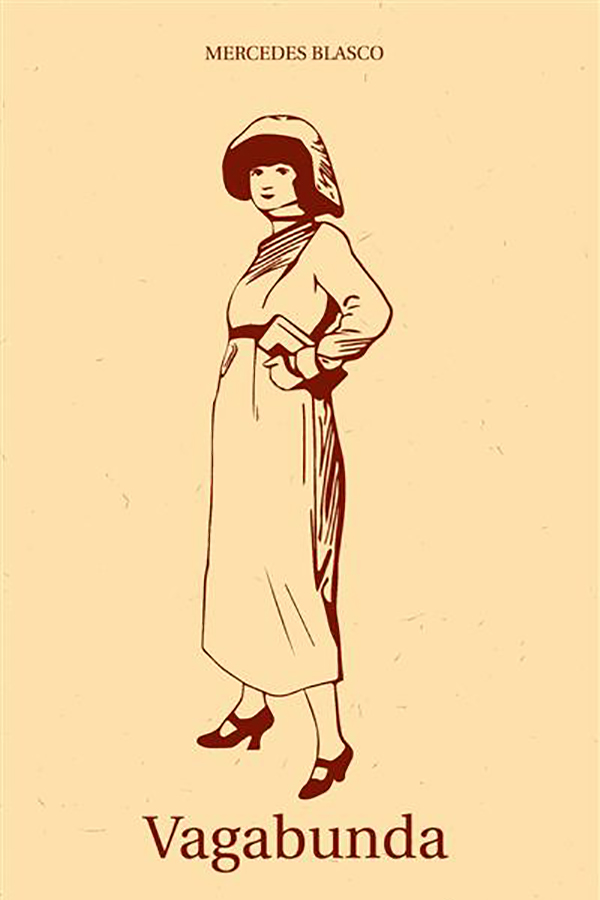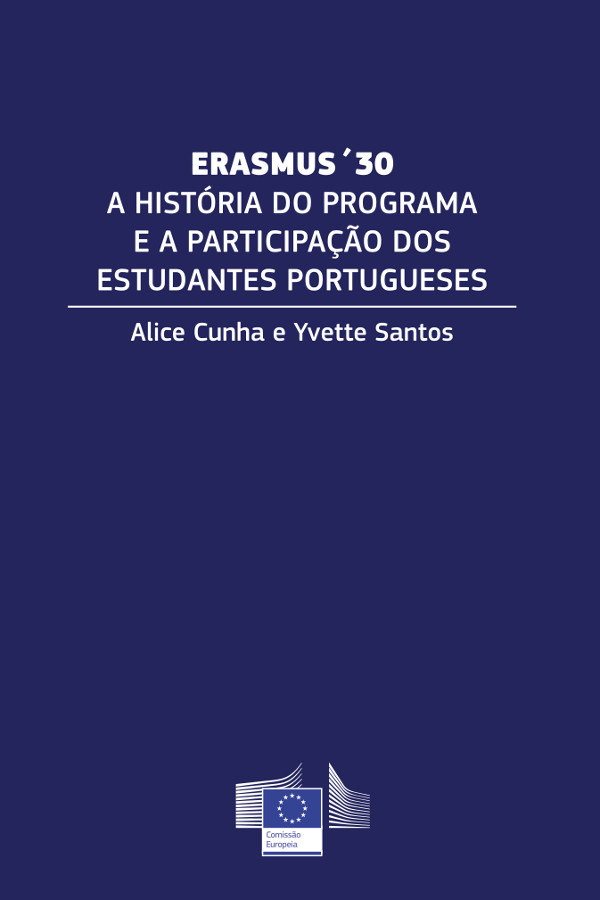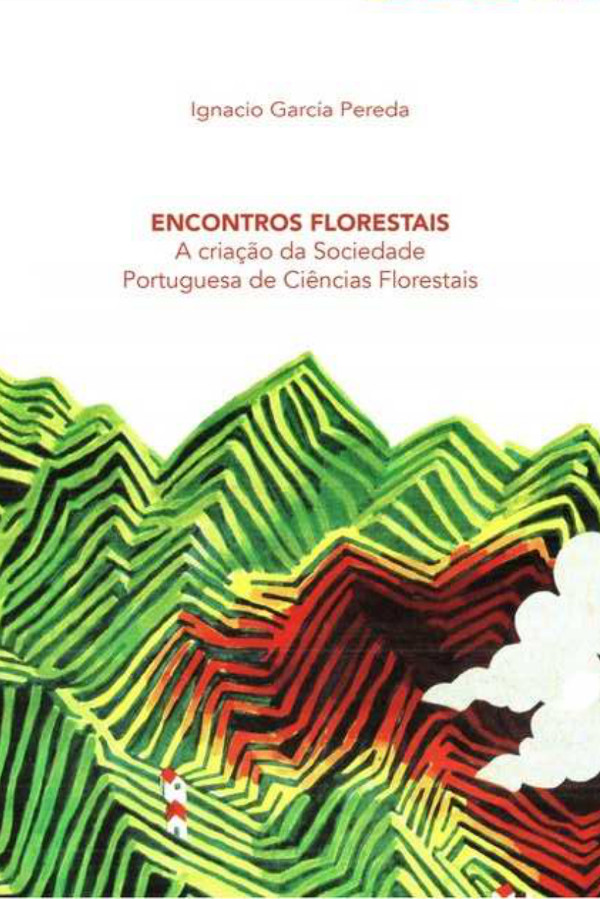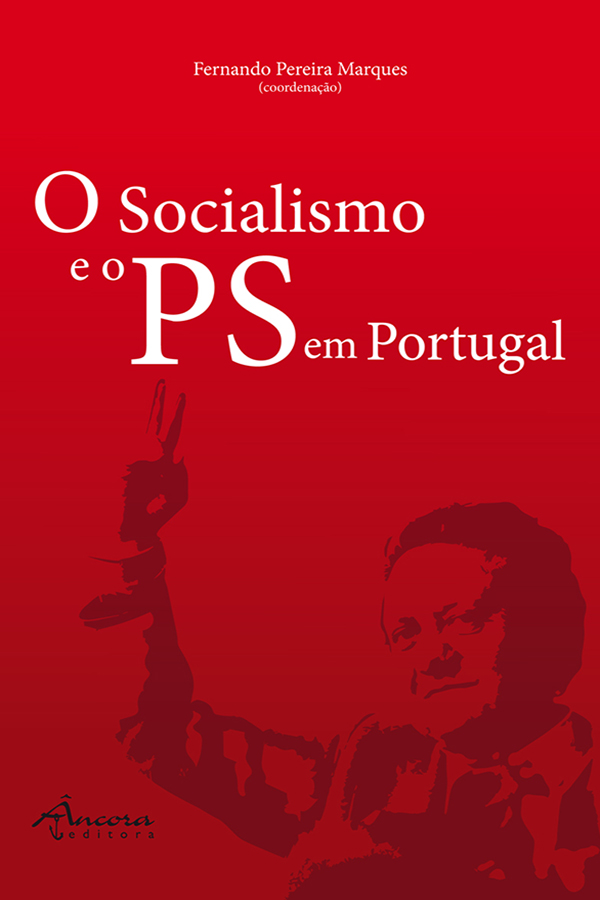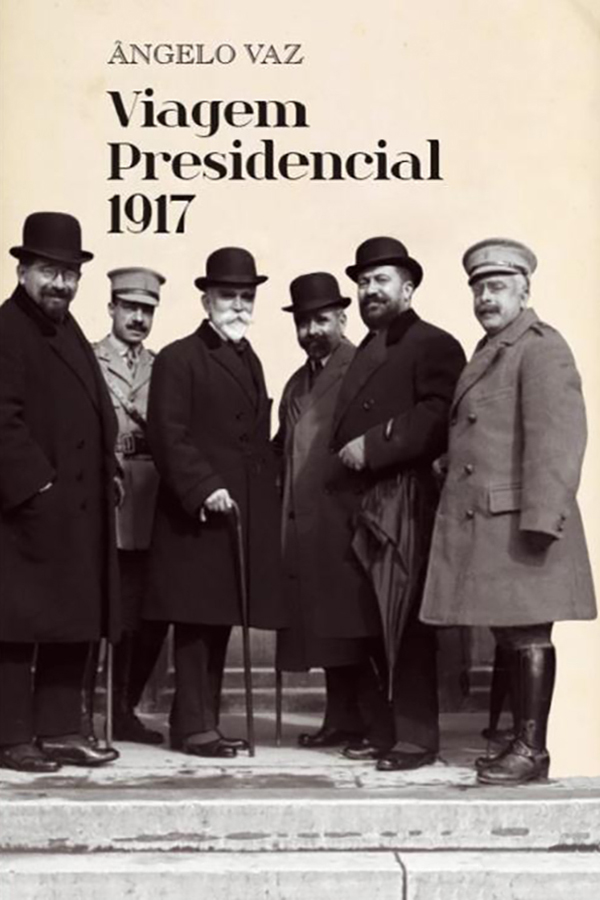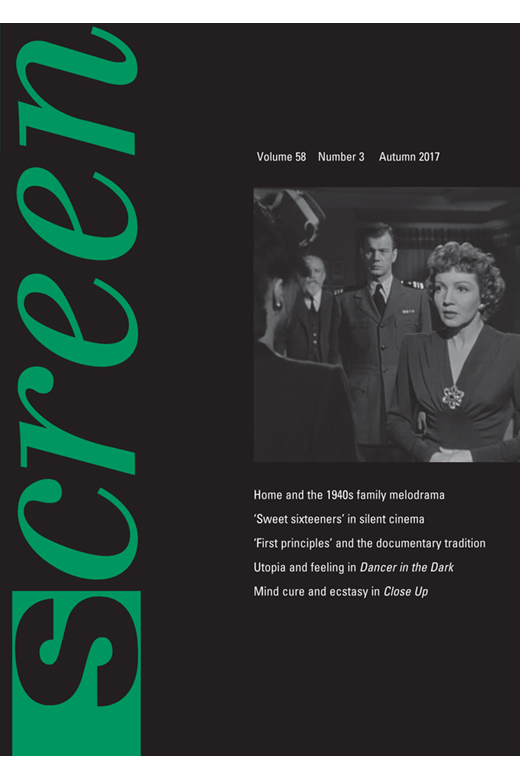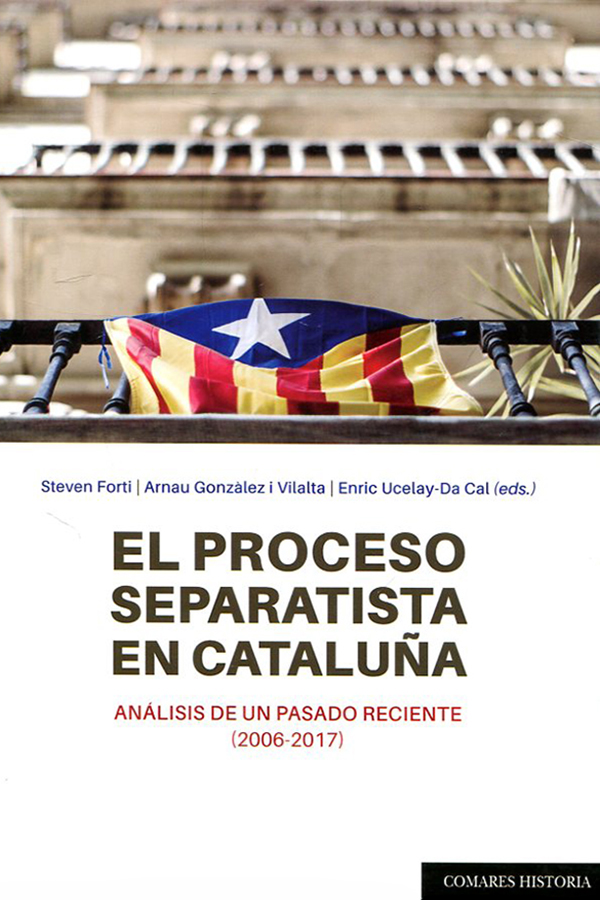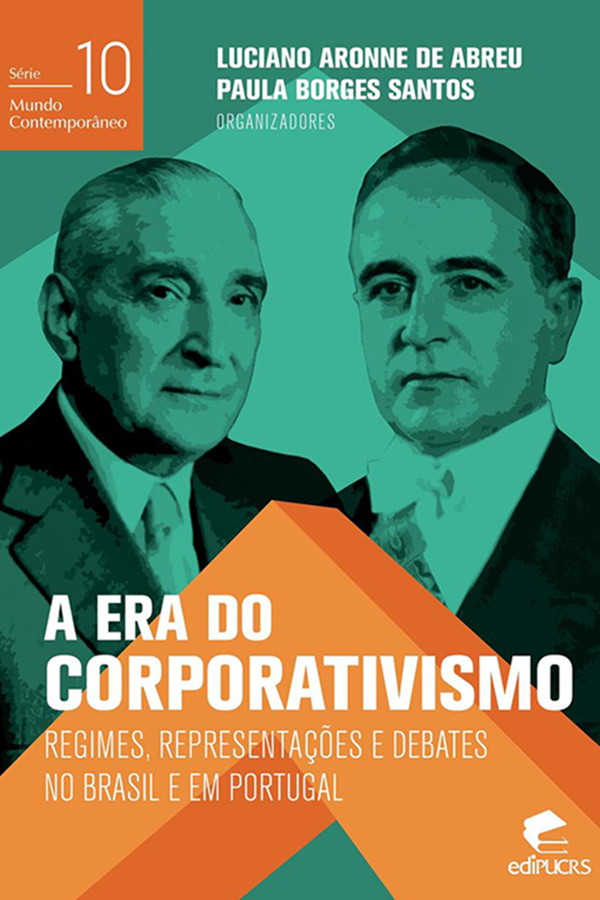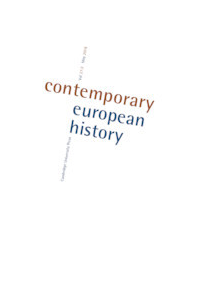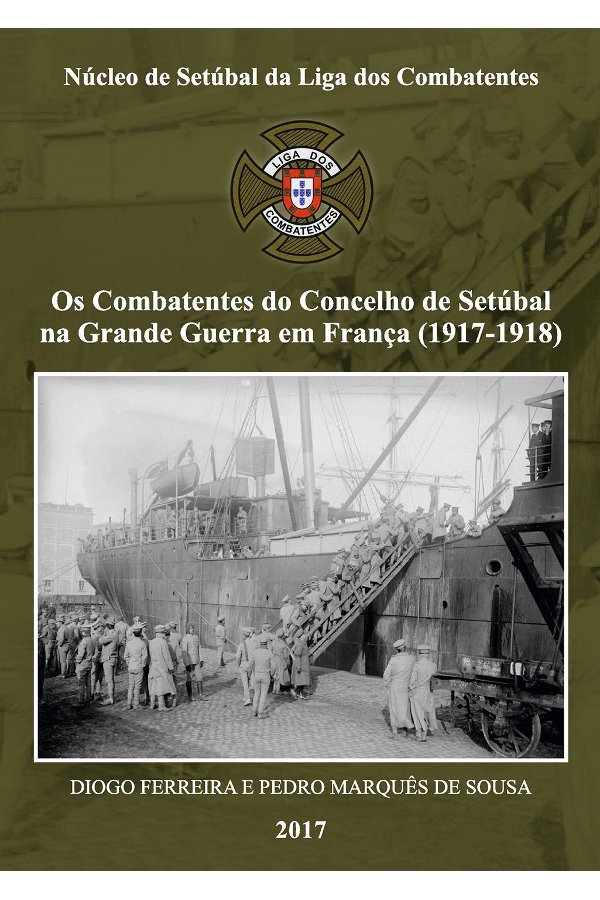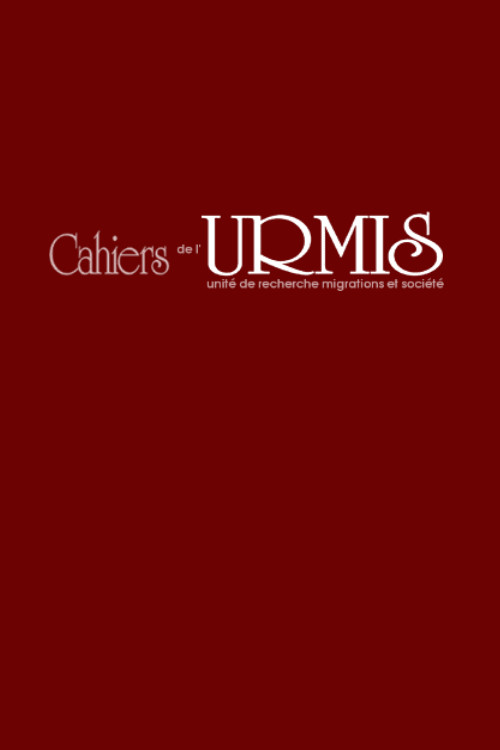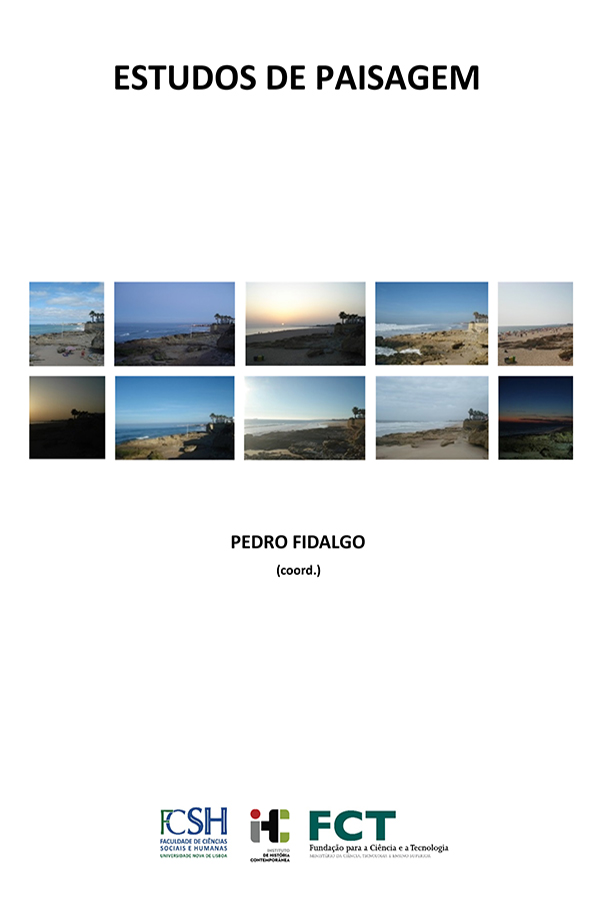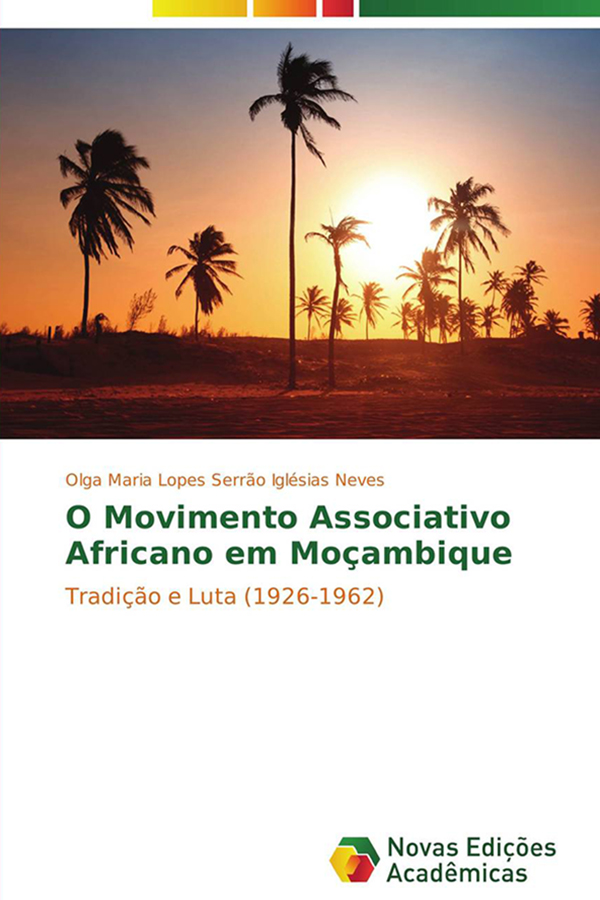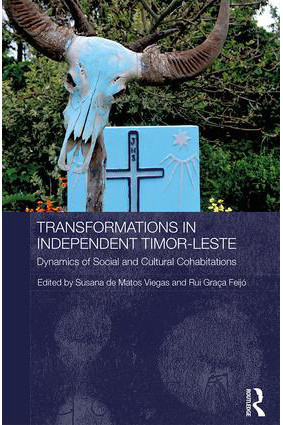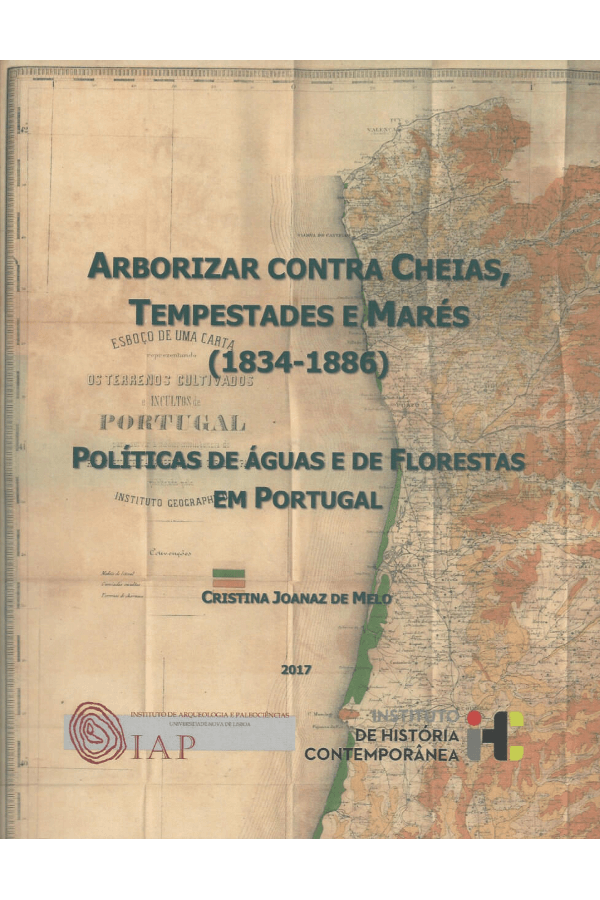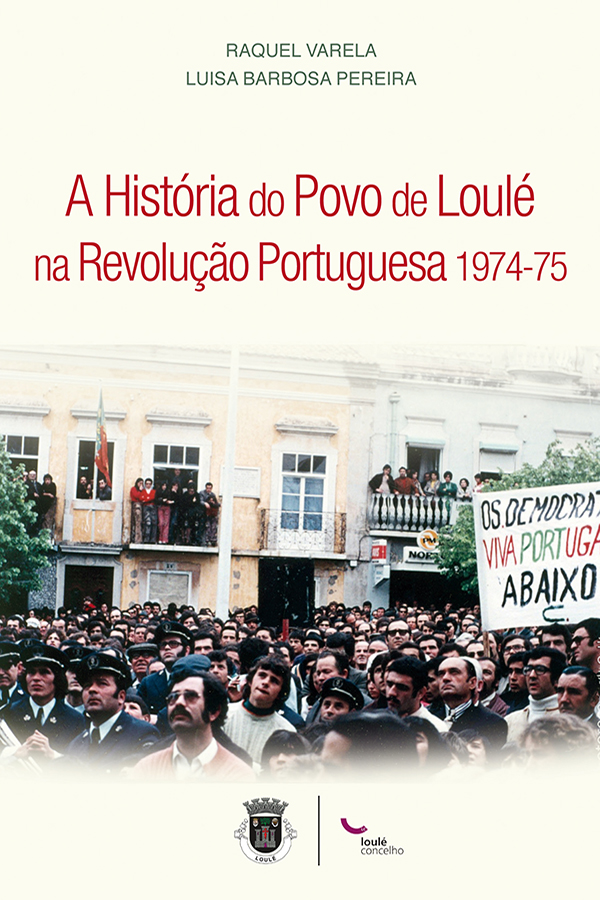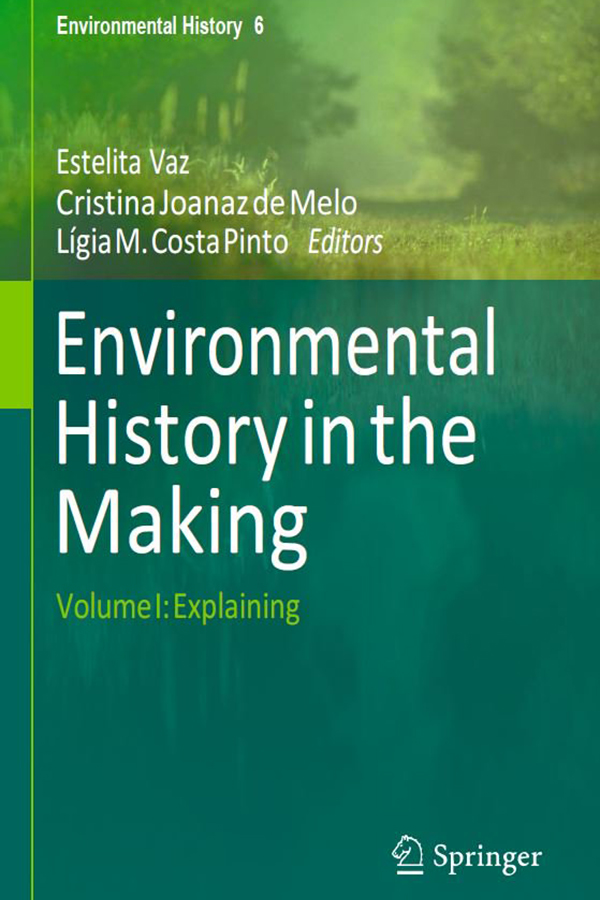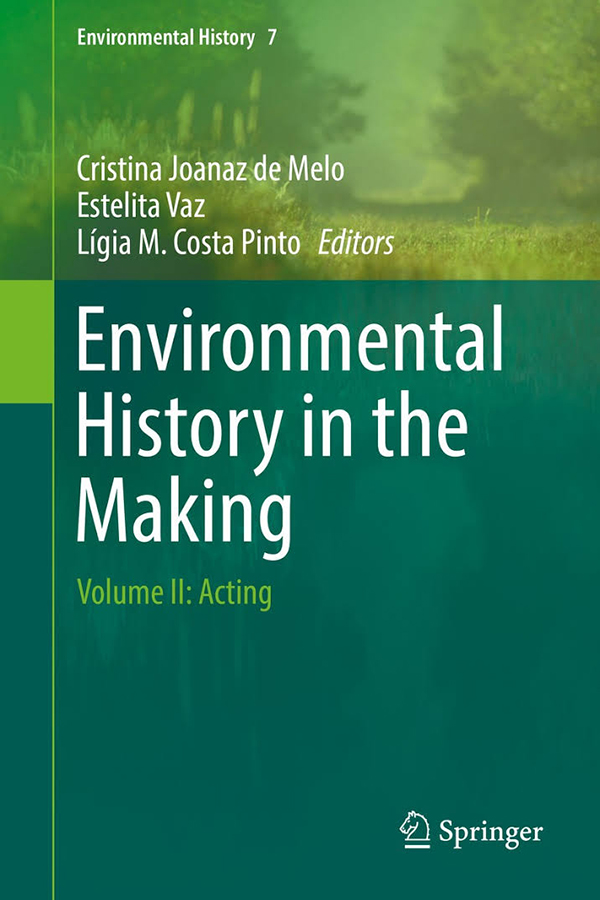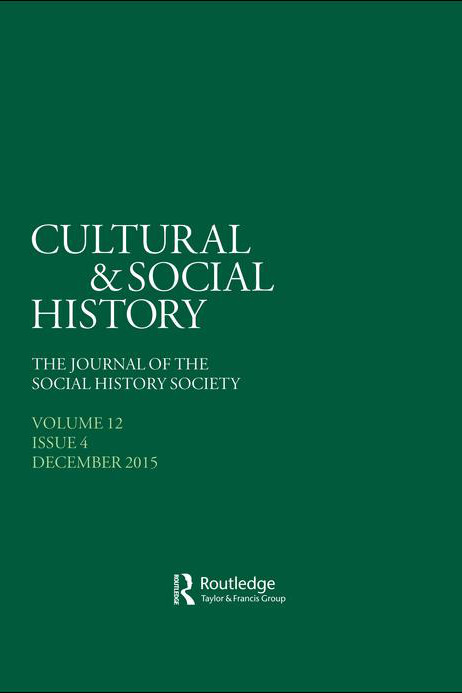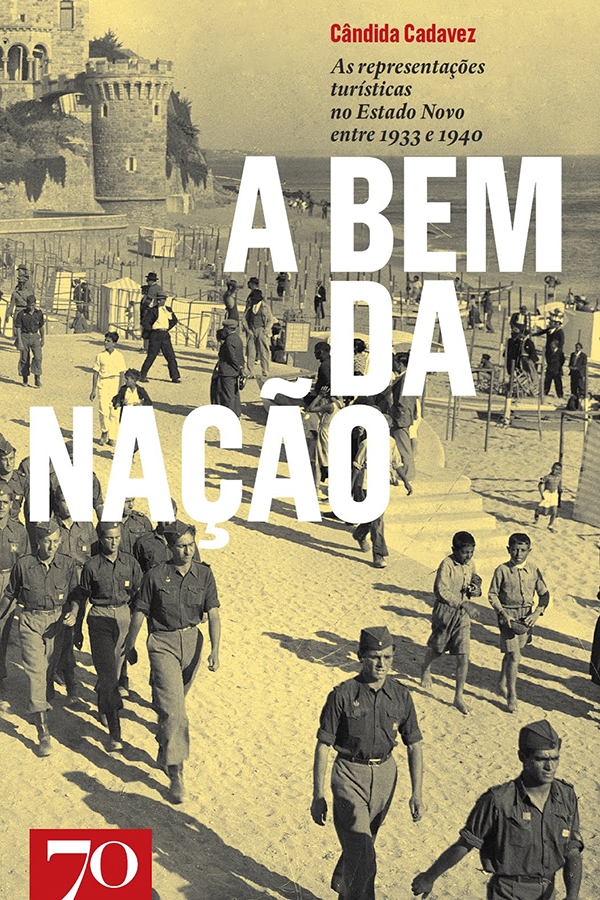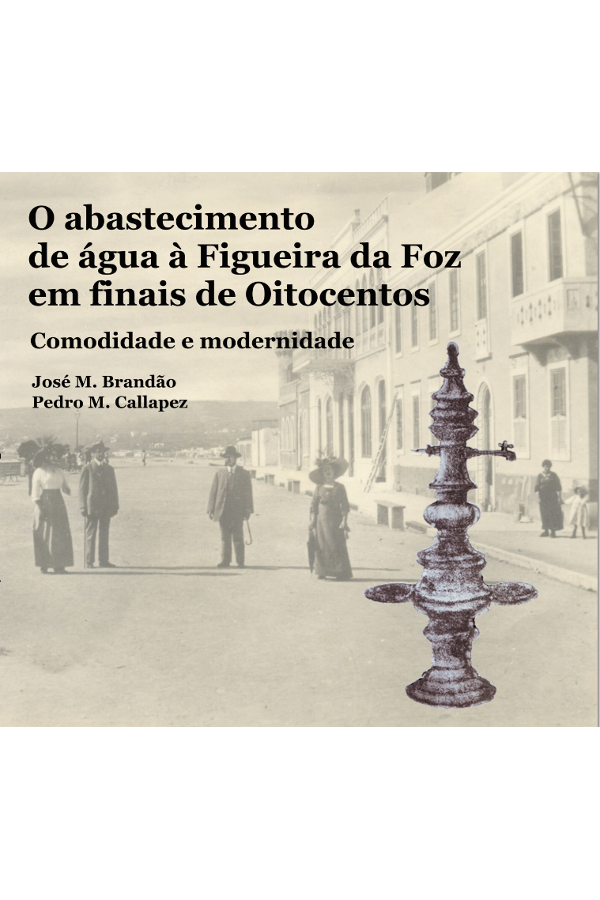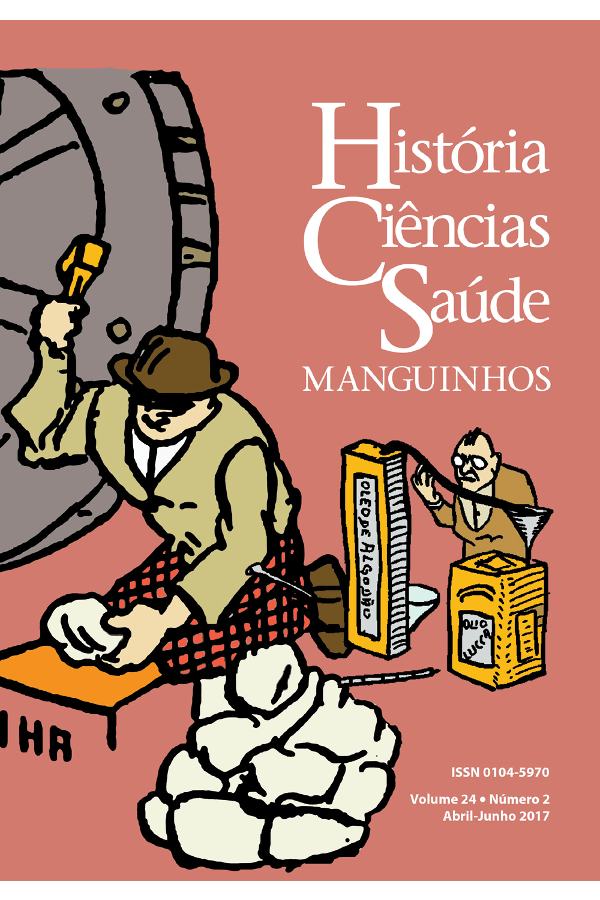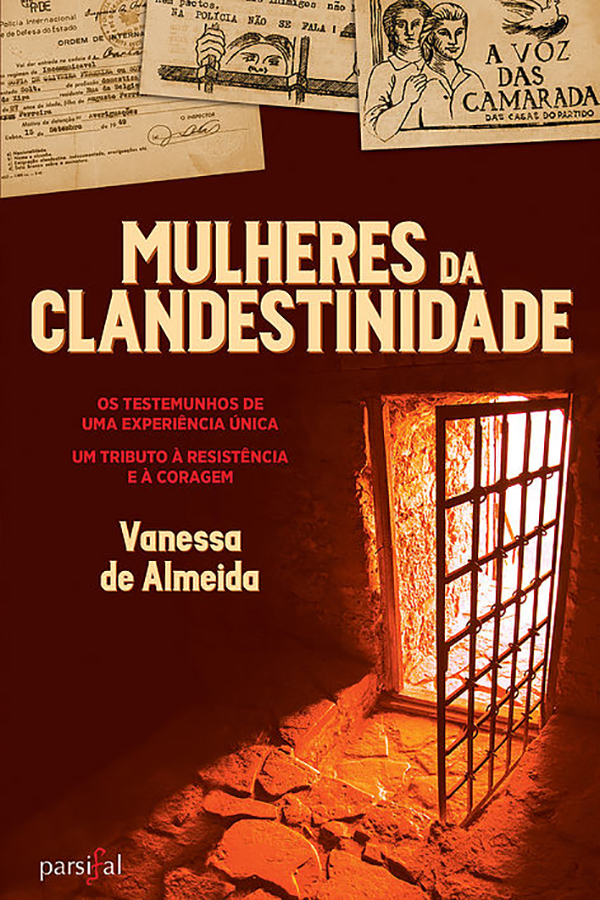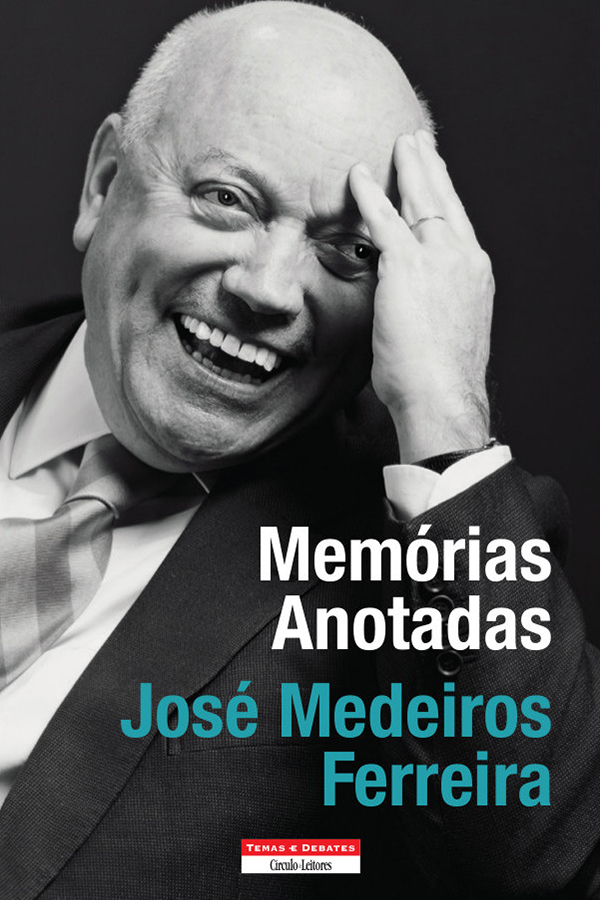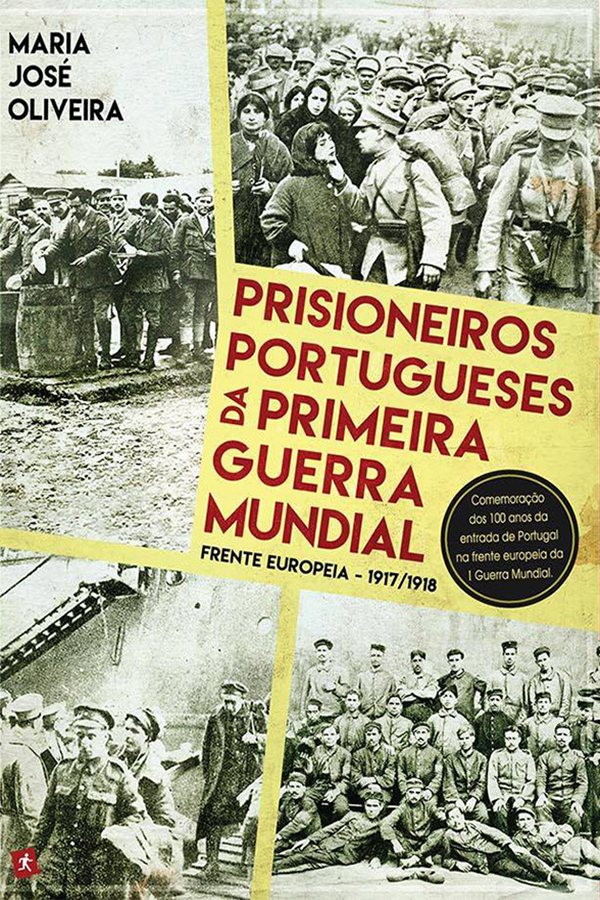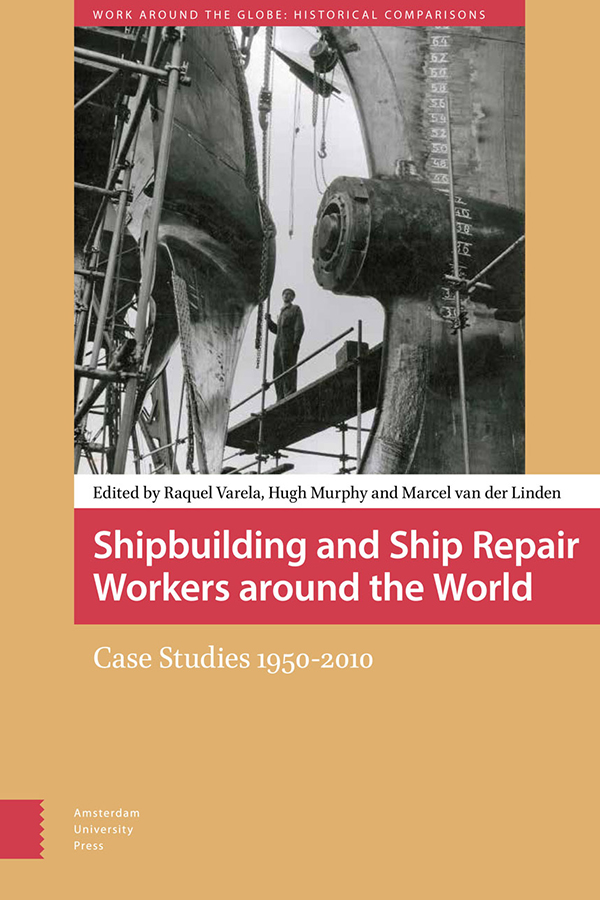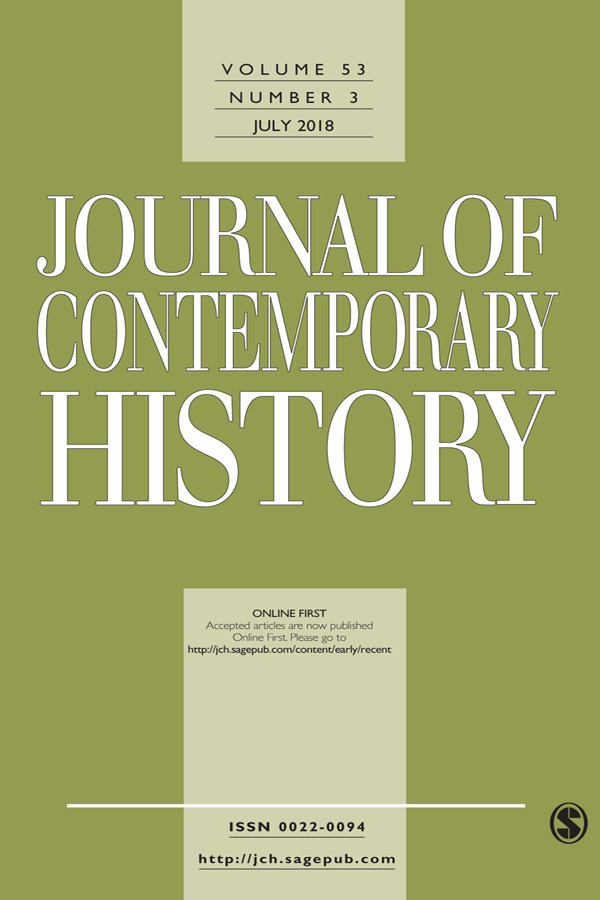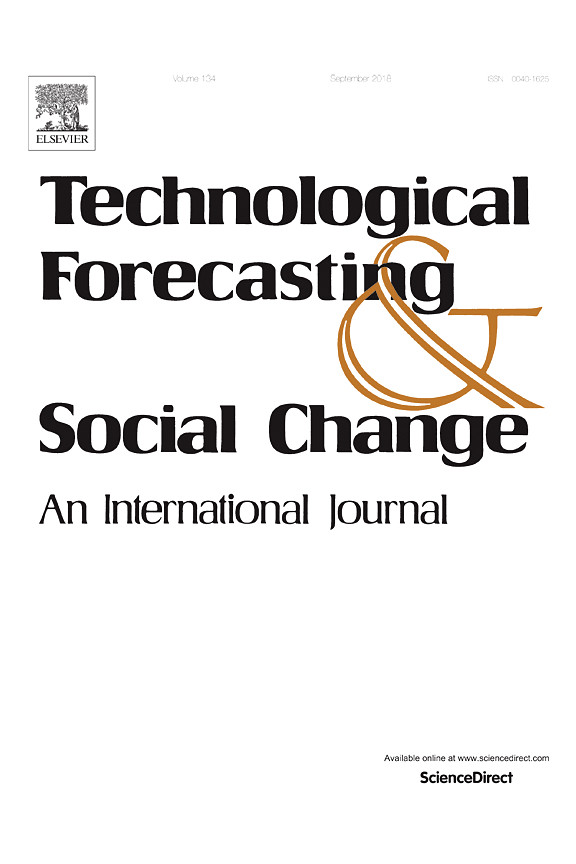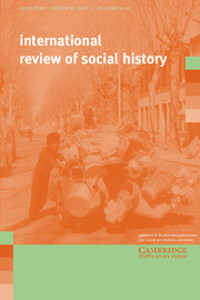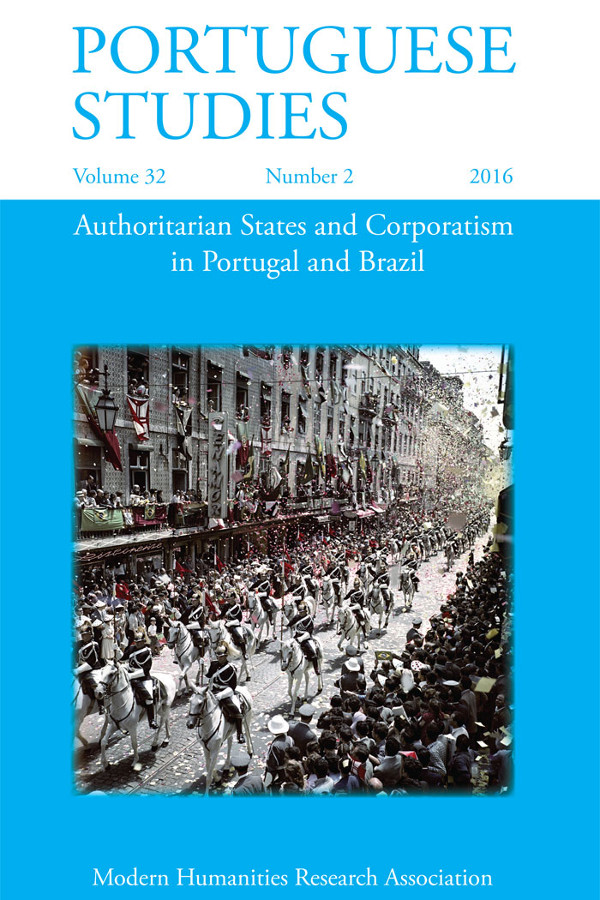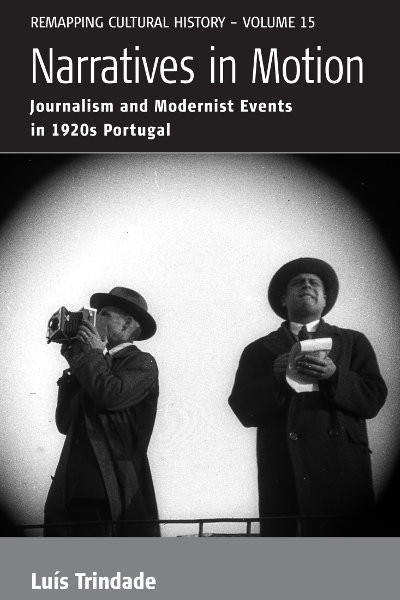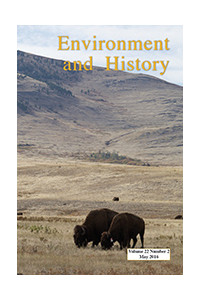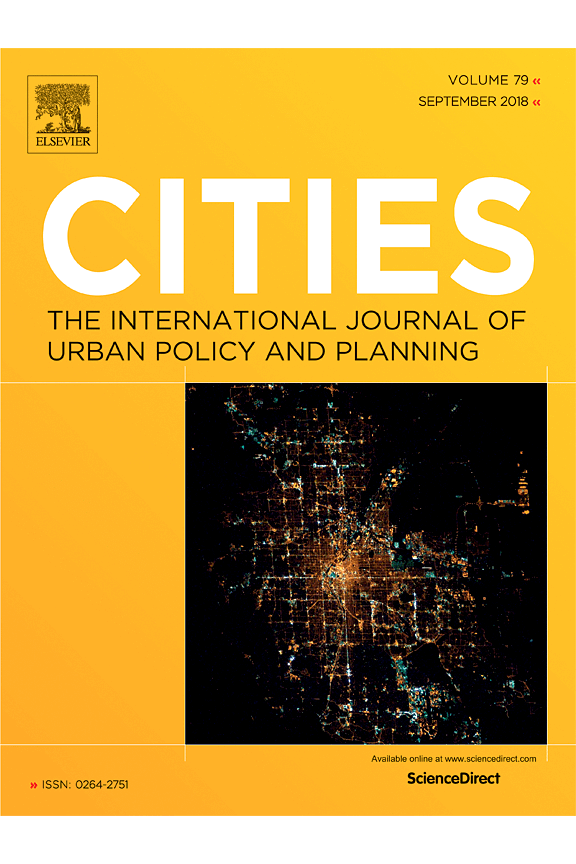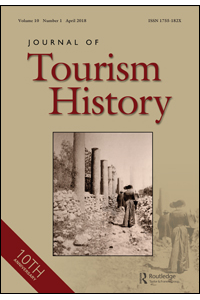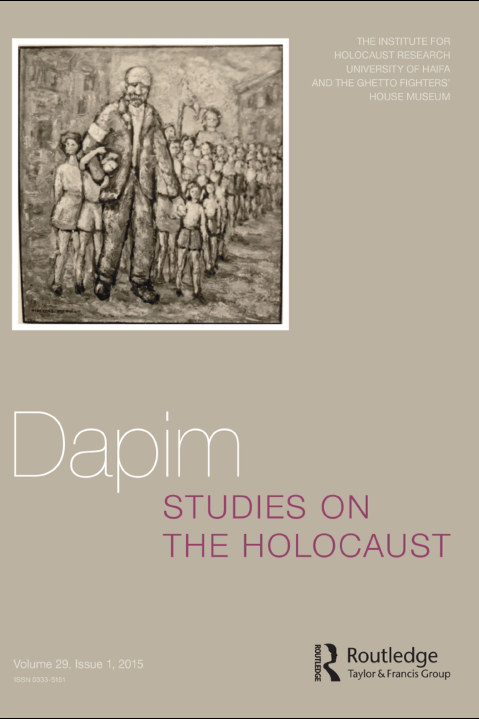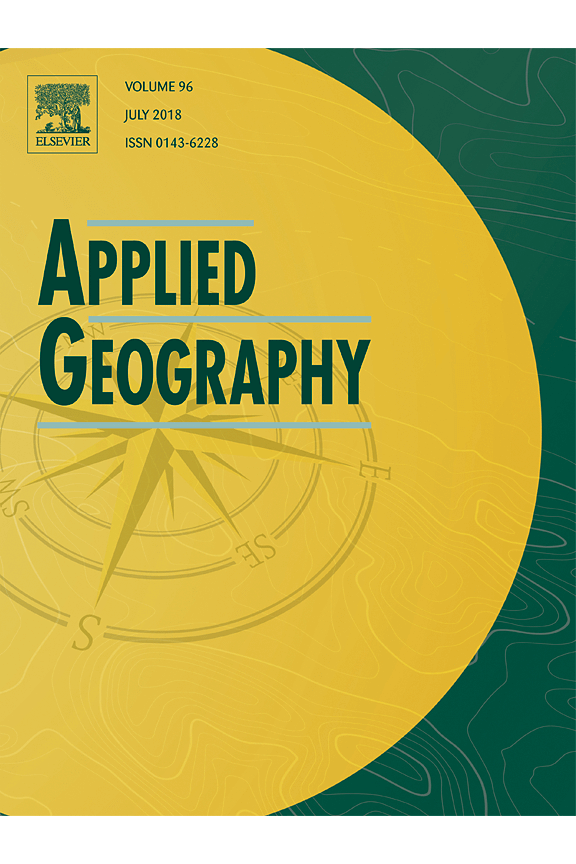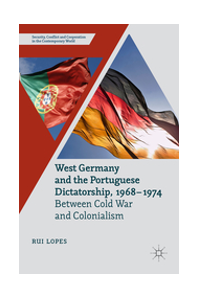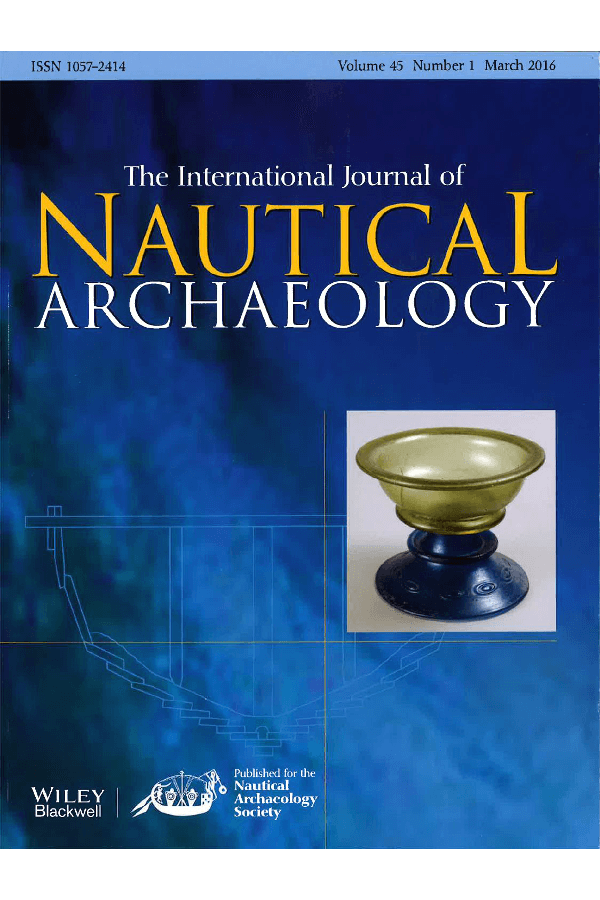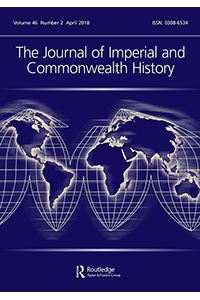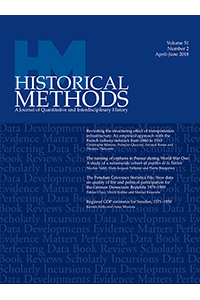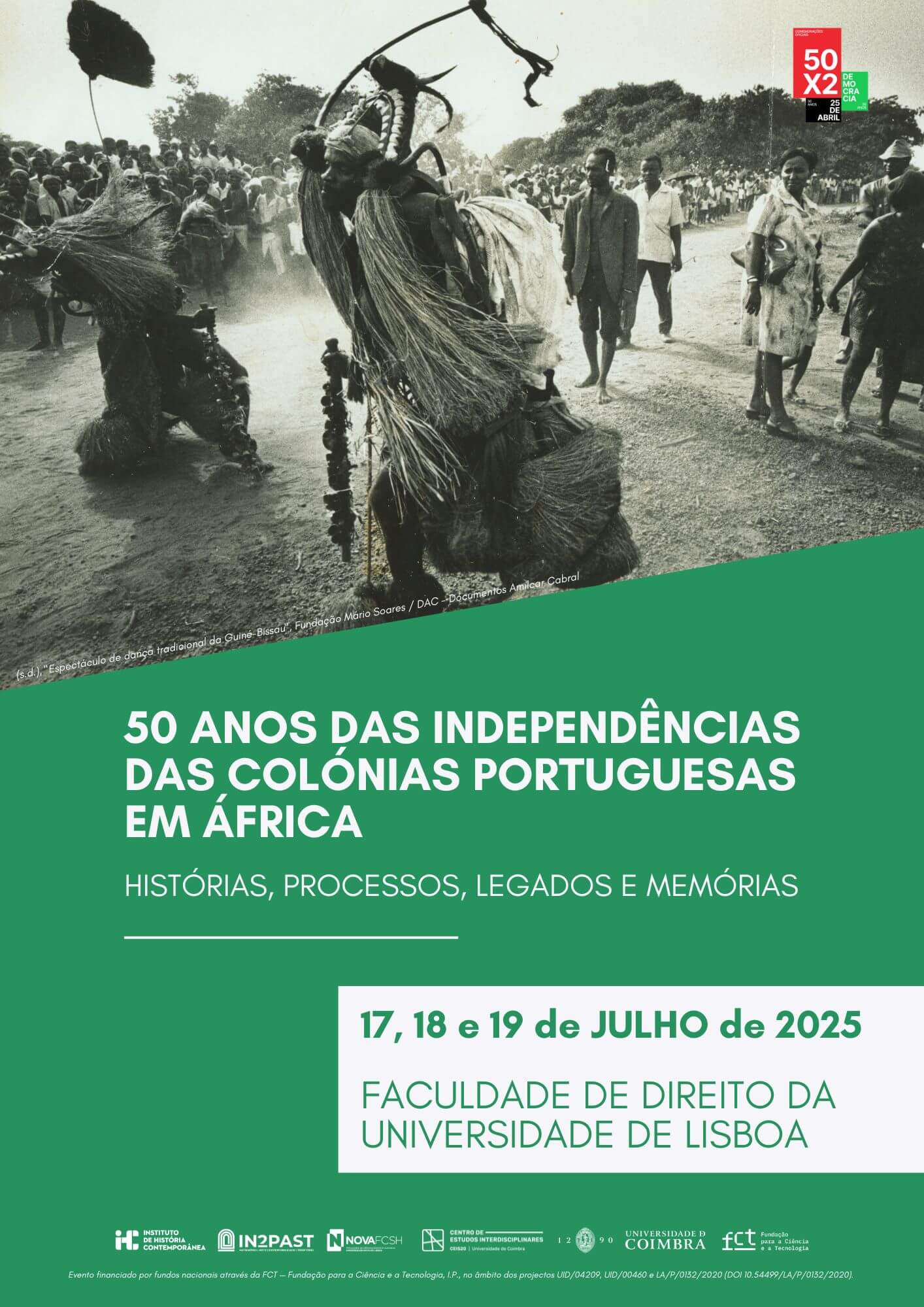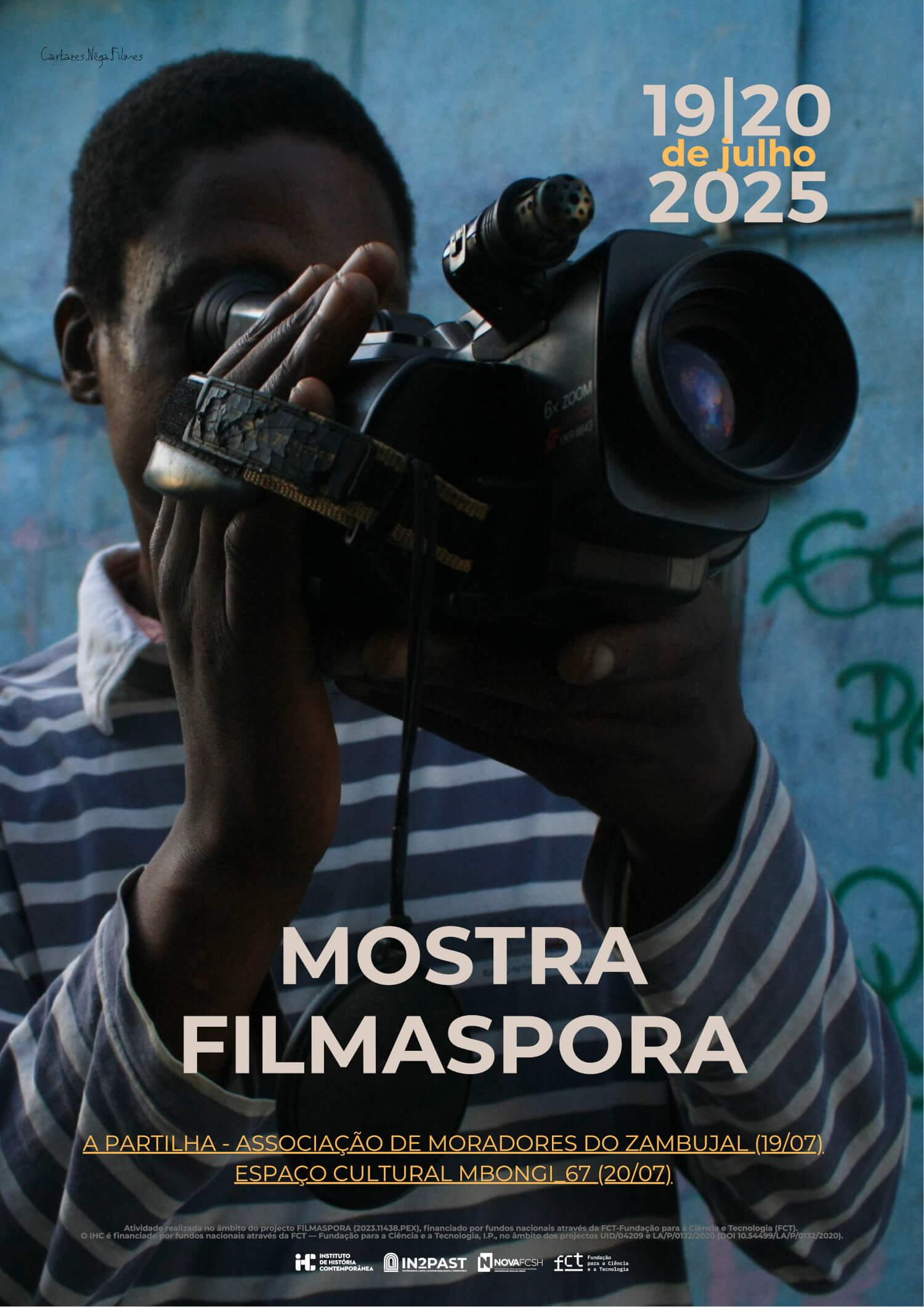
Práticas da História Nº 6
Set 13, 2018 | 2018, Edições, Revista Práticas da História

Práticas da História – Journal on Theory, Historiography and Uses of the Past
- 2018
- Número 6
- ISSN: 2183-590X
- Tema: The History of Hayden White
Excerto do editorial:
The homage the present issue embodies is far from an original gesture, or even one that would have to wait for Hayden White’s death. Since the 1990s, White and his academic trajectory have been the object of a number of tributes.10 On this occasion, we challenged a group of co-leagues from different countries to engage with one of the many essays penned by White throughout his career. We asked them to comment that specific essay as they saw fit, namely by exploring the way White questions their own field or line of research (as Paul-Arthur Tortosa does, within the frame of the History of Medicine) or exploring the relations between White and other authors – in some cases, classical authors (such as Vico, by Maria-Benedita Basto, and Freud, by Nancy Partner), in others, contemporary with White (such as Paul Ricoeur, brought to this issue by João Luís Lisboa, and Frederic Jameson, by Luís Trindade, or Dominick LaCapra, by Rui Bebiano).
To make White’s essays the topic or motto for the issue’s contributions was not an innocent choice. As previously mentioned, he was the author of one of the most influential History books ever published, Metahistory: The Historical Imagination in Nineteenth-century Europe, whose 40th anniversary was recently acknowledged in different parts of the world (see, for instance, the book Metahistoria: 40 años después. Ensayos en homenaje a Hayden White, edited by Aitor Bolanõs de Miguel, who also happens to participate in this same issue). But White’s interventions in the field of theory of History were not limited to monographs. In fact, most of his work was first published in journals or as chapters in collective works.12 As a counterpoint to this dispersion, from time to time he published works such as Tropics of Discourse. Essays in Cultural Criticism (1978), The Content of the Form: Narrative Discourse and Historical Representation (1987), Figural Realism. Studies in the Mimesis Effect (1999) and The Practical Past (2015). The Fiction of Narrative – Essays on History, Literature, and Theory (2010), mentioned earlier, is a collection of White’s essays selected by Robert Doran with a biographically-structured anthological purpose.14 The same anthological principle presides over White’s essay collections published in languages other than his native English. Such is the case with Forme di storia: dalla realtà alla narrazione, published in Italian in 2006, Proza historyczna, published in Polish in 2009, or, more recently, L’Histoire s’écrit, published in French. The texts that the organisers of those works sign in the issue of our journal – respectively, Eduardo Tortarolo, Ewa Domanska and Philippe Carrard – bring to light some of these editorial processes and their relation with the historiographical cultures of the countries where these anthologies were published.
There is a well-established genealogy of the essay as a genre – or, we could also say, as an anti-genre – that can be traced back from Lukács to Montaigne, for example.16 The point here is not to re-trace or extend this particular topic. And the place of the essay as a form in White’s work also has been acknowledged, among others, by LaCapra, Richard Vann and Robert Doran. I would just like to add that the choice of White’s essays as the starting point for the various contributions we gather in this budding academic journal also springs from our will to insist on the need to problematize what is implied in the modes of production historians nowadays are subjected, or subject themselves, to. Some of the conceptions of the discipline of History and of historical time itself that we have attributed to White in the previous paragraphs seem to fit uneasily with the conventions of writing and academic publishing that currently prevail within social sciences and humanities. Those conceptions rather bring to our mind a text of T. W. Adorno originally published in German in 1958, in which he exalts the untimely nature of the essay. It is with Adorno’s words in «The essay as form» that we conclude: «The usual reproach against the essay, that it is fragmentary and random, itself assumes the giveness of totality and thereby the identity of subject and object, and it suggests that man is in control of totality. But the desire of the essay is not to seek and filter the eternal out of the transitory; it wants, rather, to make the transitory eternal. Its weakness testifies to the non-identity that it has to express, as well as to that excess of intention over its object, and thereby it points to that utopia which is blocked out by the classification of the world into the eternal and the transitory. In the emphatic essay, thought gets rid of the traditional idea of truth.»
José Neves (IHC — NOVA FCSH)
Outras Publicações
Pesquisa
Agenda
julho, 2025
Tipologia do Evento:
Todos
Todos
Apresentação
Ciclo
Colóquio
Conferência
Congresso
Curso
Debate
Encontro
Exposição
Inauguração
Jornadas
Lançamento
Mesa-redonda
Mostra
Open calls
Outros
Palestra
Roteiro
Seminário
Sessão de cinema
Simpósio
Workshop
- Event Name
seg
ter
qua
qui
sex
sab
dom
-
1
2
3
4
5
6
7
8
9
10
11
12
13
14
15
16
17
18
19
20
21
22
23
24
25
26
27
28
29
30
31
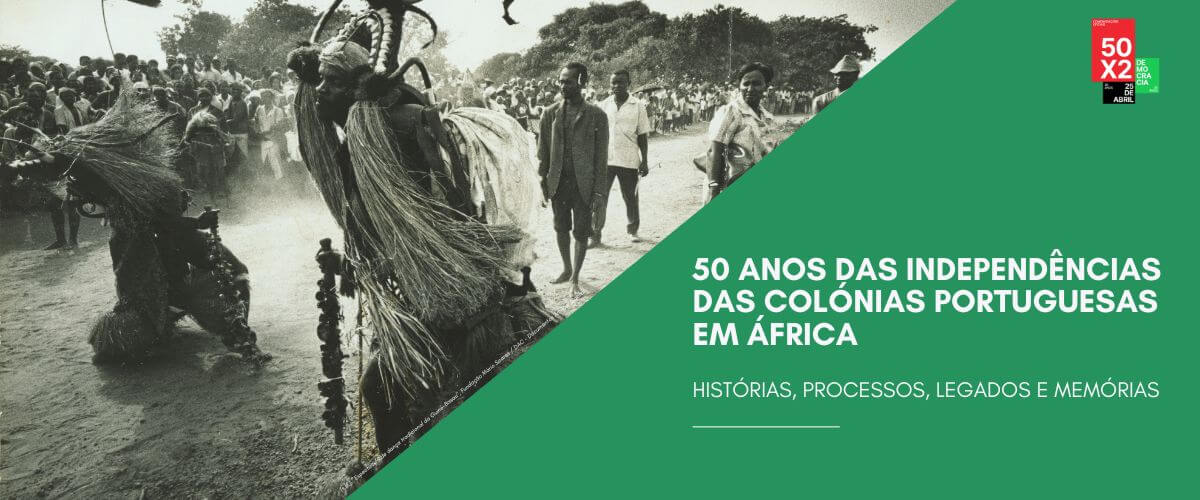
Detalhes do Evento
Sobre as múltiplas dimensões – histórias, processos, legados e memórias – desses eventos independentistas que mudaram a configuração da política global do mundo da segunda metade do século XX.
Ver mais
Detalhes do Evento
Sobre as múltiplas dimensões – histórias, processos, legados e memórias – desses eventos independentistas que mudaram a configuração da política global do mundo da segunda metade do século XX.
50 Anos das Independências das Colónias Portuguesas em África:
Histórias, Processos, Legados e Memórias
Em 2025, quatro antigas colónias portuguesas de África (Angola, Cabo Verde, Moçambique e São Tomé e Príncipe) celebram o cinquentenário das suas independências, vindo juntar-se à Guiné-Bissau, que dois anos antes (em Setembro de 1973), proclamara unilateralmente a existência do Estado da Guiné-Bissau, acedendo à independência formalmente a 10 de Setembro de 1974. Os processos negociais complexos que abririam as portas às independências destes territórios que estiveram durante séculos sob o domínio português não foram lineares. Assim, desde a Declaração Unilateral da Independência da Guiné (um importante precedente a nível internacional) às negociações nos casos de Angola, Cabo Verde, Moçambique e São Tomé e Príncipe, envolveram complexas e importantes teias geopolíticos e transnacionais, num contexto africano e mundial de Guerra-Fria e de rescaldo da cisão sino-soviética, que valerá a pena dissecar.
Pretende-se com esta conferência internacional assinalar os 50 anos decorridos desde esses acontecimentos transcendentais para a vida de territórios outrora colonizados por Portugal em África, nalguns dos quais (Guiné, Angola e Moçambique) foi necessário passar por devastadoras guerras de libertação/guerras coloniais. Essas lutas pela emancipação inscrevem-se como eventos conexos de uma longa história de resistência dos povos submetidos à exploração imperial, ao trabalho forçado, ao racismo e ao colonialismo. Como é sabido, os processos que levaram às independências geraram múltiplas dinâmicas e ramificações que, por um lado, ultrapassaram as simples fronteiras dos respetivos territórios concernidos; por outro, tais processos produziram interações interna e externamente com vários elementos e condicionalismos, combinando o contexto internacional da época com as demandas internas dos povos colonizados pela soberania política.
Neste sentido, as independências não devem ser interpretadas como acontecimentos históricos isolados, nem como eventos lineares e homogéneos. Há uma historicidade própria que carateriza os processos de independência referente a cada um dos territórios, processos esses marcados por complexidades de diversa ordem. Tanto assim é que não podemos separar as independências das lutas dos movimentos de libertação, do anti-colonialismo, das revoluções terceiro-mundistas, do anti-imperialismo, das lutas contra a ditadura Portuguesa, etc. Em suma, as independências resultaram das várias lutas levadas a cabo pelos movimentos de libertação em diferentes frentes. E as ações destes contribuíram para a revolução de 25 de Abril de 1974 e, por conseguinte, para a queda da ditadura em Portugal.
Chamada para comunicações
50 anos após esses processos históricos que levaram à emergência de novos estados-nação, esta conferência internacional pretende reflectir sobre as múltiplas dimensões – histórias, processos, legados e memórias – desses eventos independentistas que mudaram a configuração da política global do mundo da segunda metade do século XX. Neste sentido, apela-se a propostas de comunicações sobre tópicos como:
- Lutas pelas independências (conceitos, contextos políticos, culturais e sociais);
- Lutas pelas independências, anticolonialismo, anti-imperialismo e revoluções terceiro-mundistas;
- Solidariedade internacional com as colónias portuguesas e cruzamentos com outras lutas anticoloniais no contexto da Guerra Fria;
- Atores, militantes e organizações independentistas;
- Género, educação e mobilização popular nas lutas pelas independências;
- Artes, artivismo e manifestações culturais nas lutas pelas independências;
- Contributo das lutas pelas independências para o fim da ditadura portuguesa;
- Descolonização pós-25 de Abril de 1974;
- Construção dos novos estados-nação africanos e neocolonialismo;
- Heranças coloniais nos países africanos independentes e em Portugal;
- Guerras civis e transição democrática nos países africanos independentes;
- Construção da memória nos países africanos independentes e em Portugal.
Os resumos das apresentações (200 palavras), acompanhados por notas biográficas (250 palavras), devem ser enviados para: independencias50anos@gmail.com
Prazo para submissão: 15 de dezembro de 2024
Notificação de aceitação: 30 de janeiro de 2025
Línguas de trabalho: Português, Inglês e Francês.
>> Descarregar a Chamada para Comunicações (PT / FR / EN, PDF) <<
Palestrantes convidados/as:
Maria da Conceição Neto (Universidade Agostinho Neto)
Severino Elias Ngoenha (Universidade Eduardo Mondlane)
Comissão Organizadora:
Aurora Almada e Santos (IHC — NOVA FCSH / IN2PAST)
Julião Soares Sousa (CEIS 20 — Universidade de Coimbra)
Raquel Ribeiro (IHC — NOVA FCSH / IN2PAST)
Víctor Barros (IHC — NOVA FCSH / IN2PAST)
Comissão Científica:
Gabriel Fernandes (Universidade de Santiago)
Jean Martial Arséne Mbah (Investigador, Doutorado em História Contemporânea)
Jean-Michel Mabeko-Tali (Howard University)
Marçal de Menezes Paredes (Pontifícia Universidade Católica do Rio Grande do Sul)
Maria Nazaré de Ceita (Universidade de São Tomé)
Michel Cahen (Sciences Po Bordeaux)
Miguel Cardina (Universidade de Coimbra)
Odete Semedo (Instituto Nacional de Estudos e Pesquisa, Guiné-Bissau)
Pedro Aires Oliveira (IHC — NOVA FCSH / IN2PAST)
Teresa Cruz e Silva (Universidade Eduardo Mondlane)
Tempo
julho 17 (Quinta-feira) - 19 (Sábado)
Localização
Faculdade de Direito da Universidade de Lisboa
Alameda da Universidade — Cidade Universitária — 1649-014 Lisboa
Organizador
Instituto de História Contemporânea — Universidade NOVA de Lisboa e CEIS20 - Centro de Estudos Interdisciplinares — Universidade de Coimbra
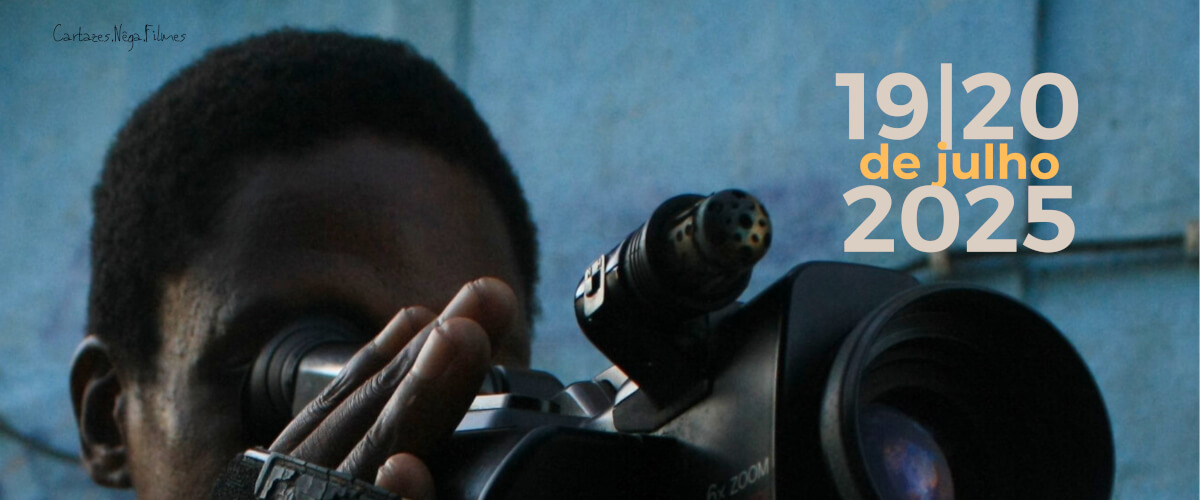
Detalhes do Evento
Mostra de filmes que promove o encontro entre produções da Linha de Sintra e obras realizadas no Bairro do Zambujal. Organizada pelo projecto FILMASPORA. Mostra
Ver mais
Detalhes do Evento
Mostra de filmes que promove o encontro entre produções da Linha de Sintra e obras realizadas no Bairro do Zambujal. Organizada pelo projecto FILMASPORA.
Mostra FILMASPORA
Nos dias 19 e 20 de Julho, a equipa do projecto FILMASPORA organiza uma mostra de filmes que promove o encontro entre produções da Linha de Sintra e obras realizadas no Bairro do Zambujal.
Junte-se a nós para dois dias de diálogo, partilha e cinema.
O projeto FILMASPORA tem como objectivo fomentar o intercâmbio cultural e audiovisual, aproximando comunidades através da exibição de curtas e médias-metragens que dão voz às vivências, expressões e narrativas locais.
Programa
19 de Julho
A Partilha — Associação de Moradores do Bairro do Zambujal, Loures, 21h
21h – HIP-HOP KRIOLO
21h30 – Enciclopédia Hip Hop Volume 1 (2016), de Uncle C
20 de Julho
Espaço Mbongi 67, Linha de Sintra, 16h
16h – Lisboa, Pódio de Quimeras (2021), de Welket bungué
16h30 – Cantores do Submundo (2012), de Fernando Moreira
>> Programa da mostra (PDF) <<
Tempo
19 (Sábado) 9:00 pm - 20 (Domingo) 6:00 pm
Localização
Loures e Sintra
Organizador
Instituto de História Contemporânea — Faculdade de Ciências Sociais e Humanas da Universidade NOVA de Lisboacomunicacao.ihc@fcsh.unl.pt Avenida de Berna, 26C — 1069-061 Lisboa
Notícias
Quarta edição do Prémio Amílcar Cabral
Jul 17, 2025
Candidaturas abertas até 30 de Setembro
Projecto RESONANCE estuda performance no período revolucionário
Jul 16, 2025
RESONANCE é coordenado por Hélia Marçal
Manuel Loff recebe Medalha de Mérito do Porto
Jul 14, 2025
Foi uma das personalidades homenageadas pela Câmara Municipal do Porto

































